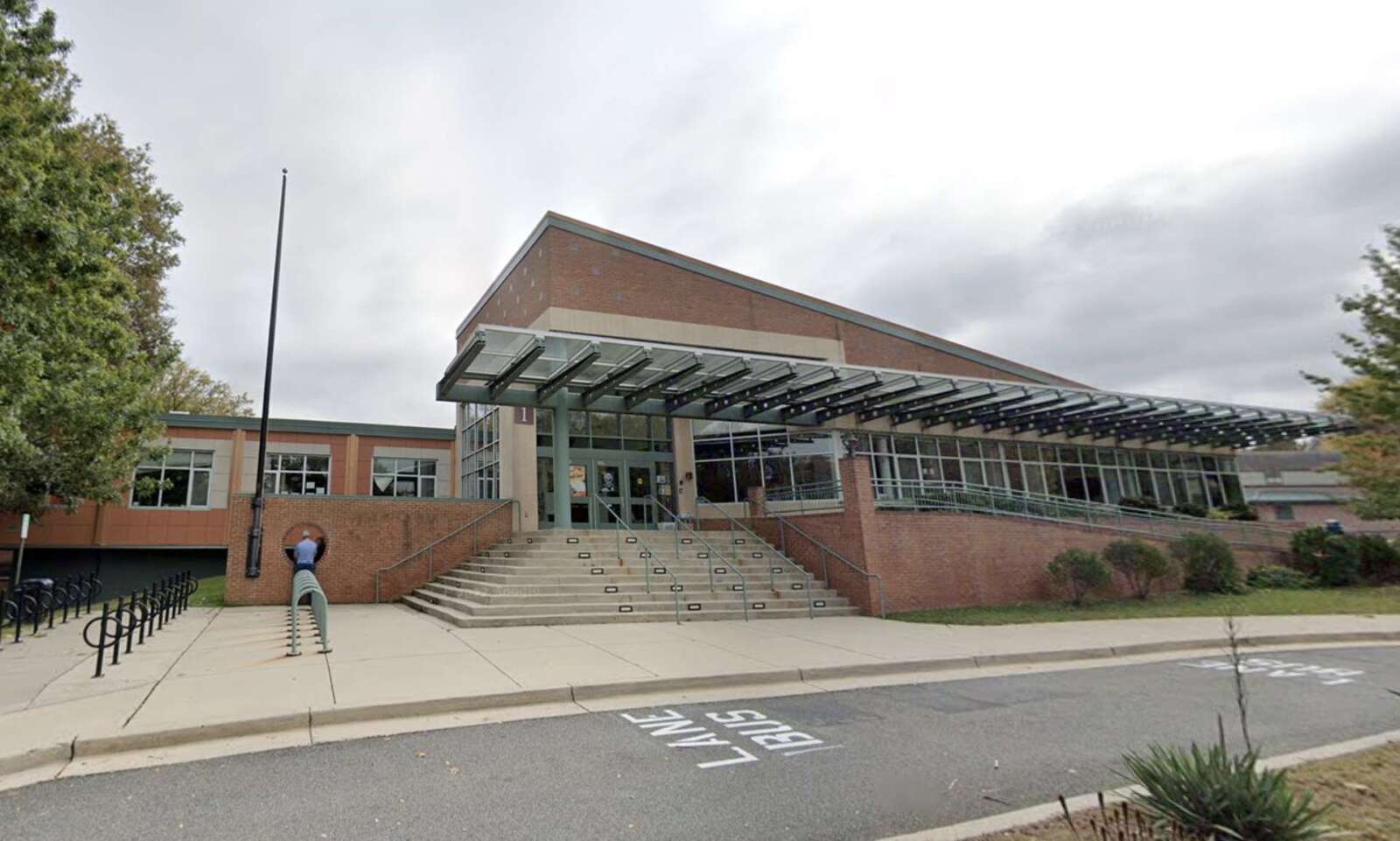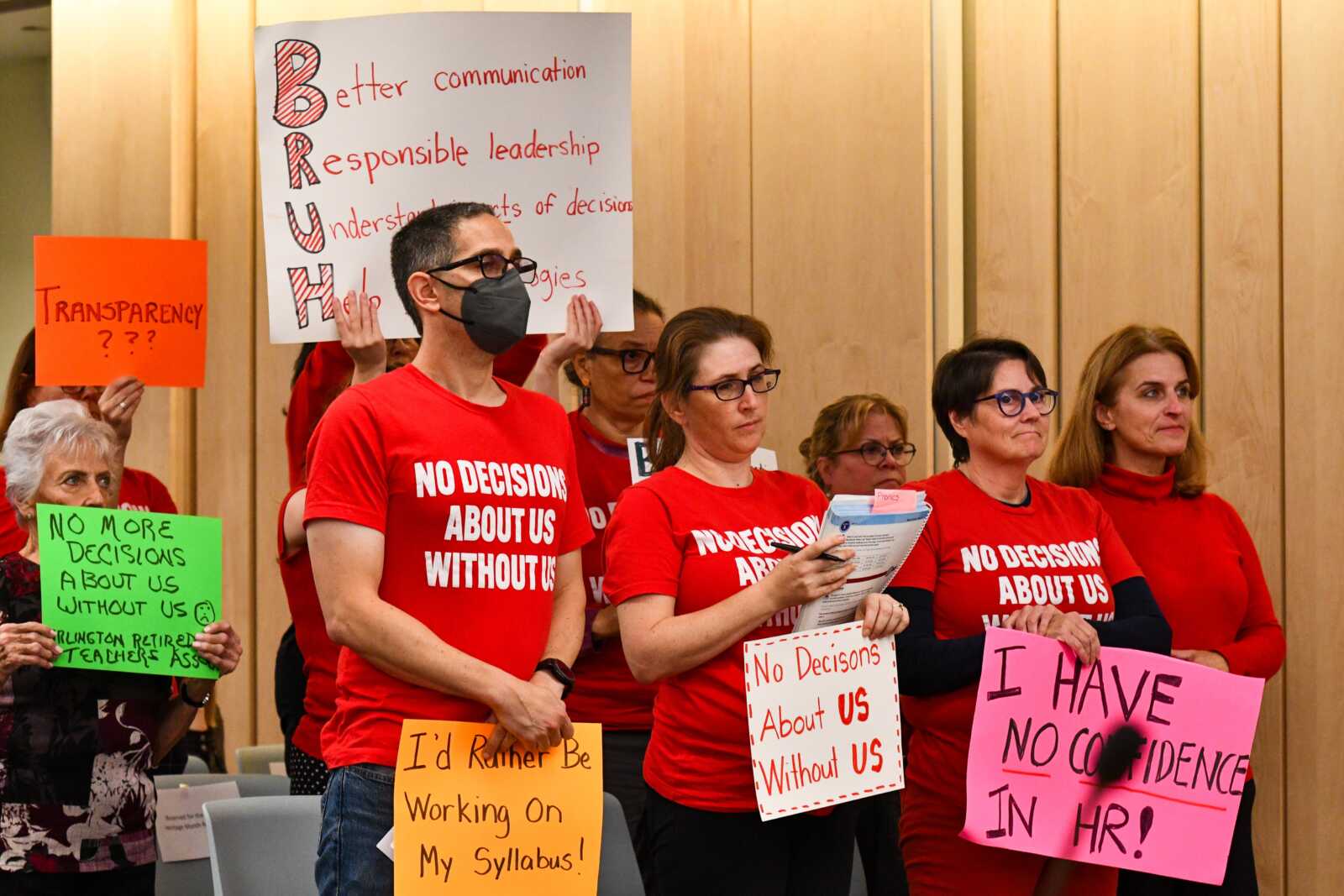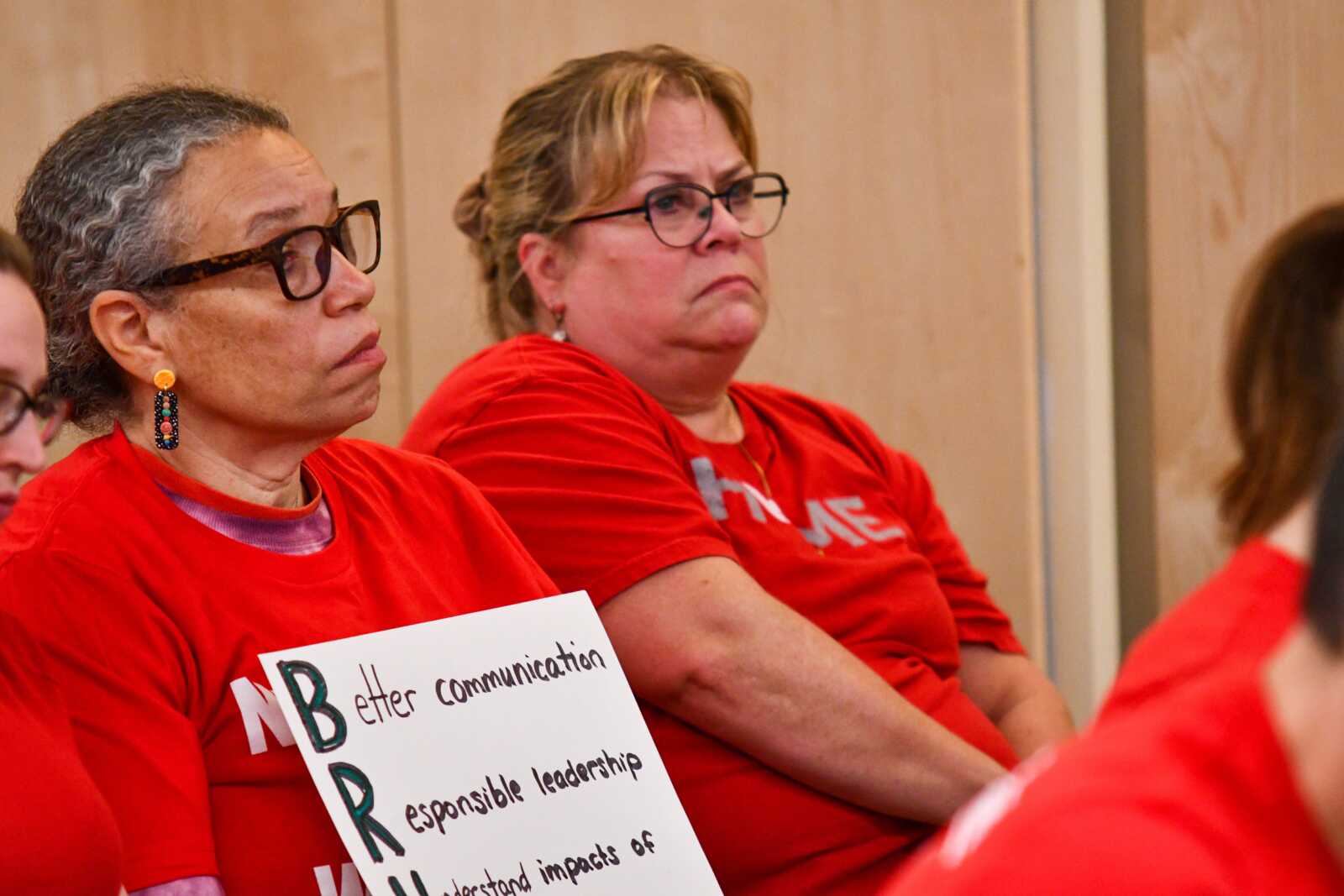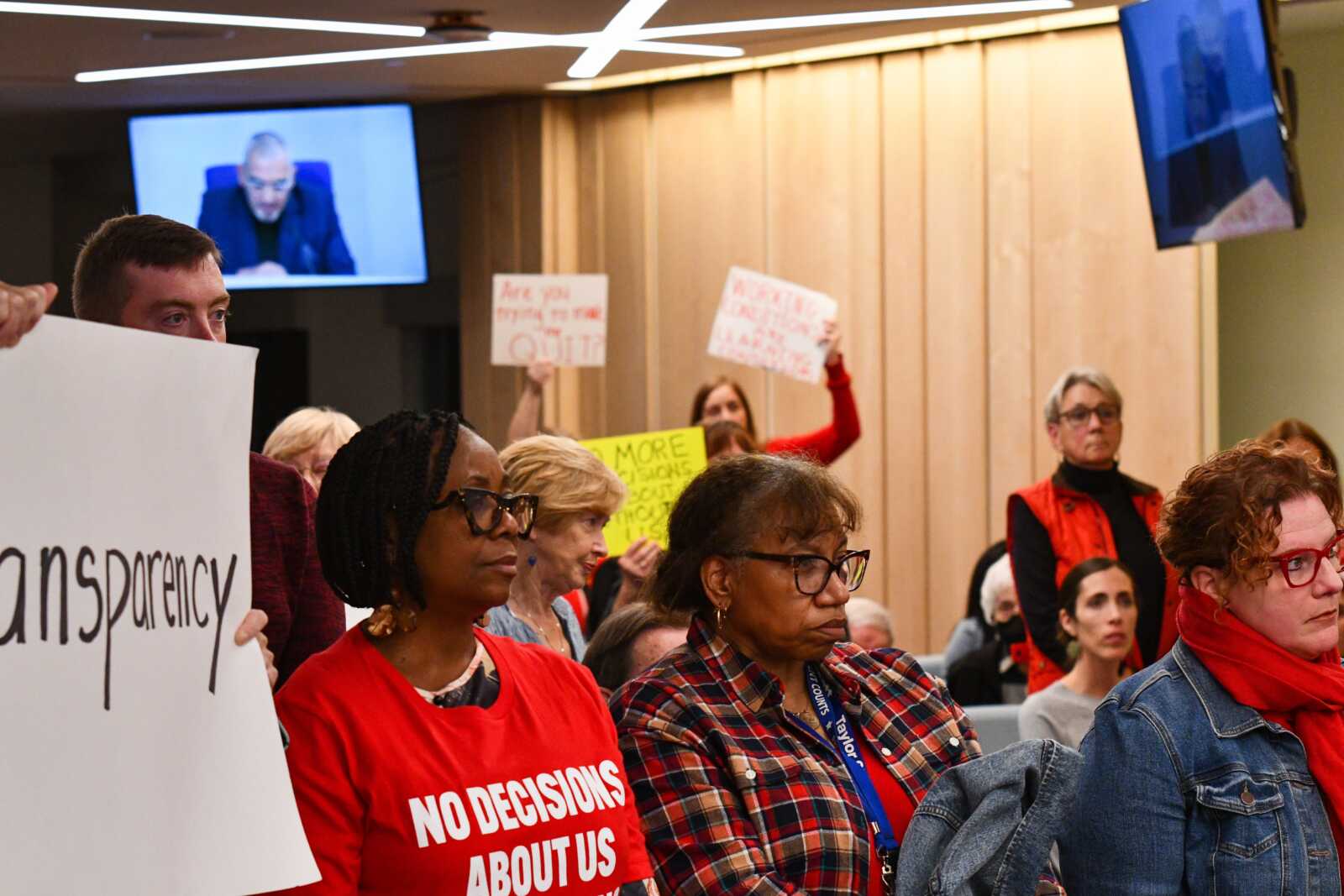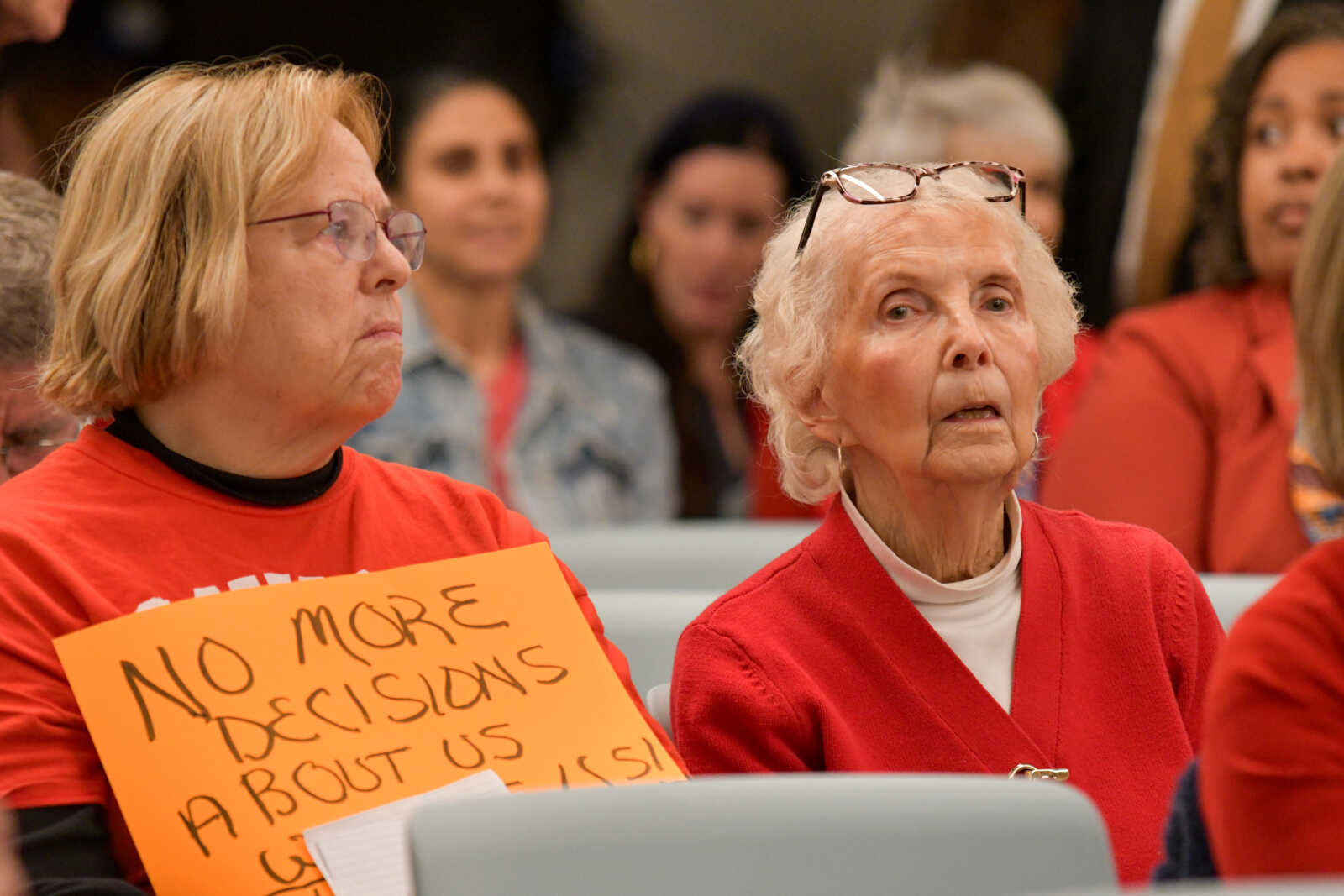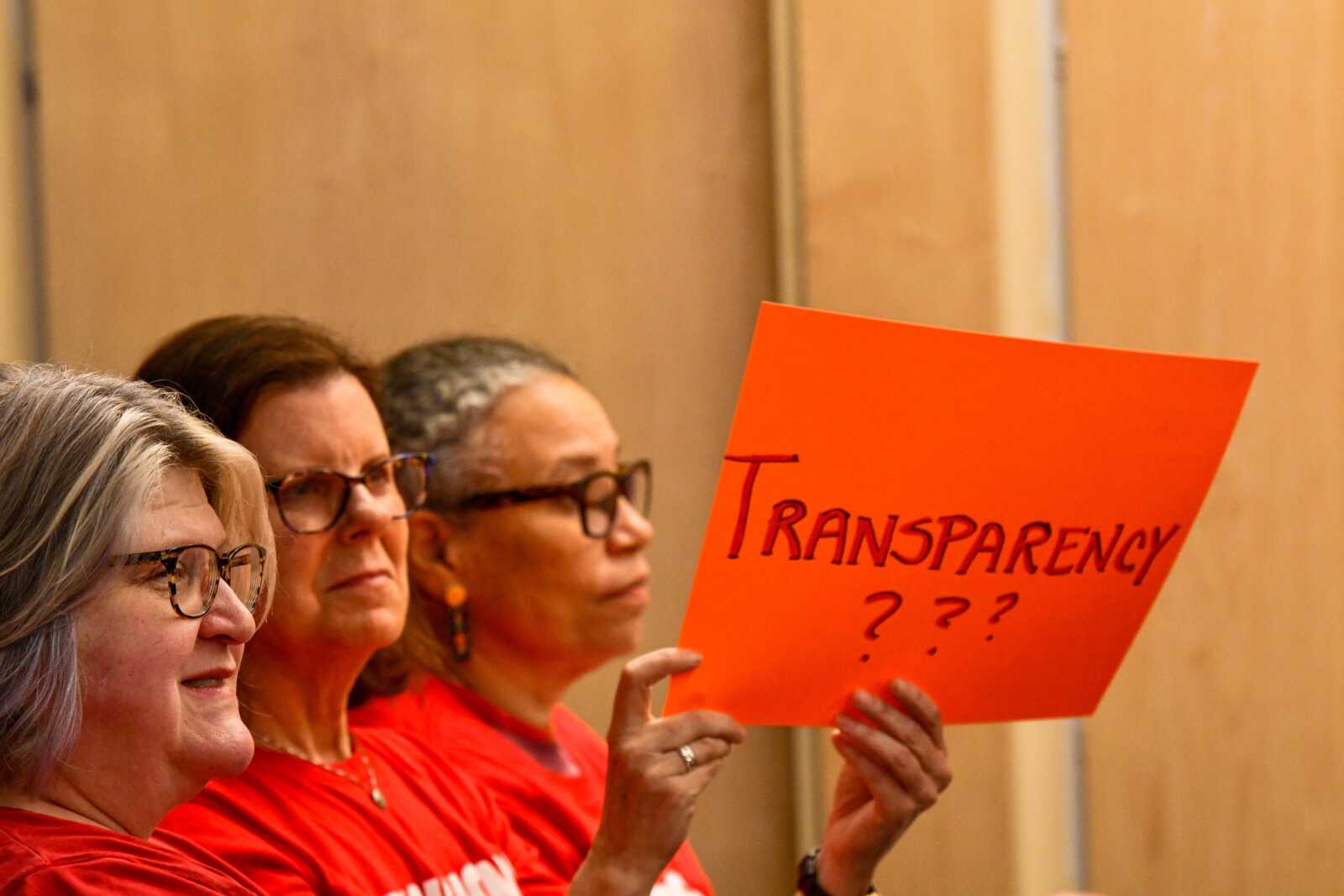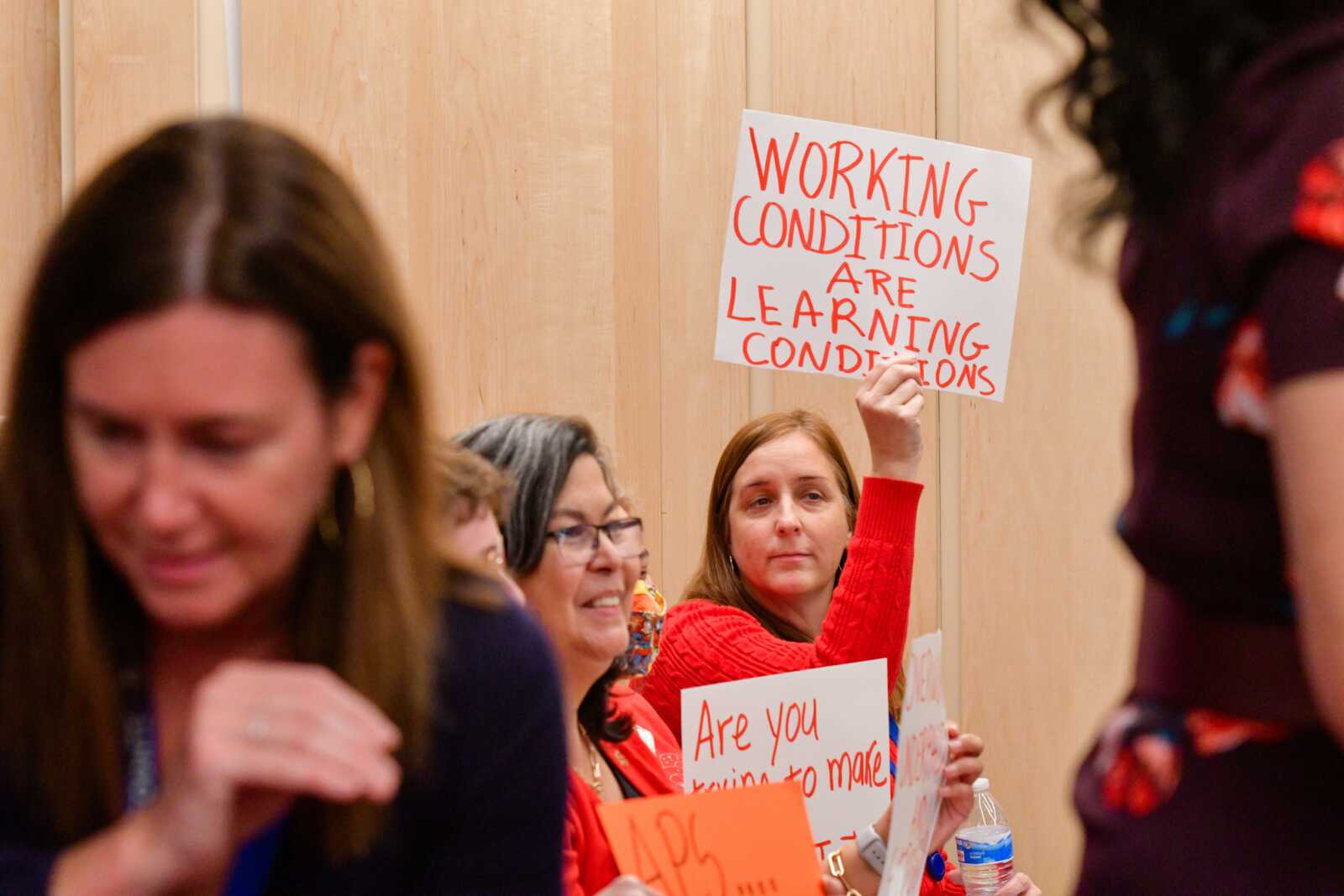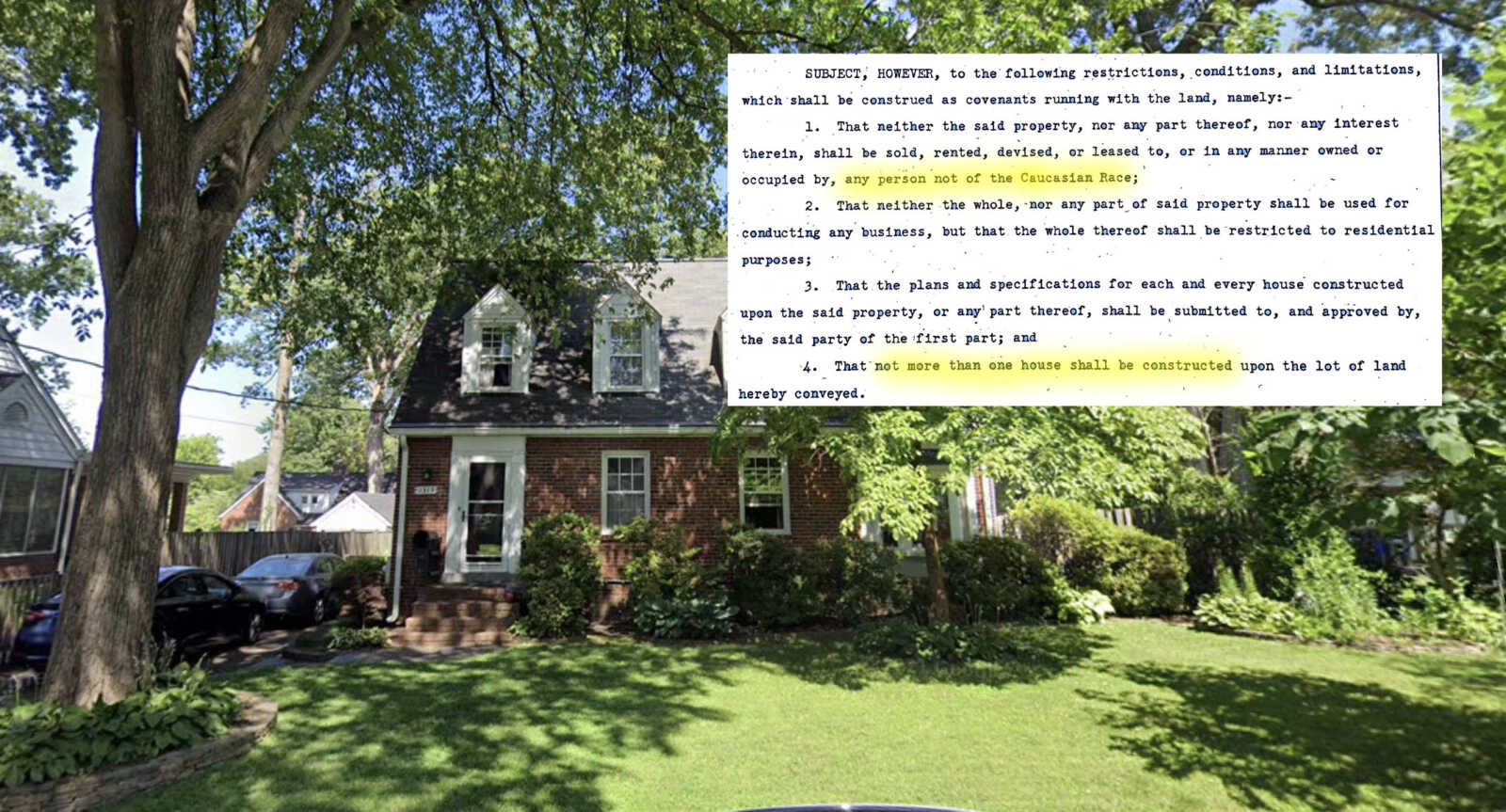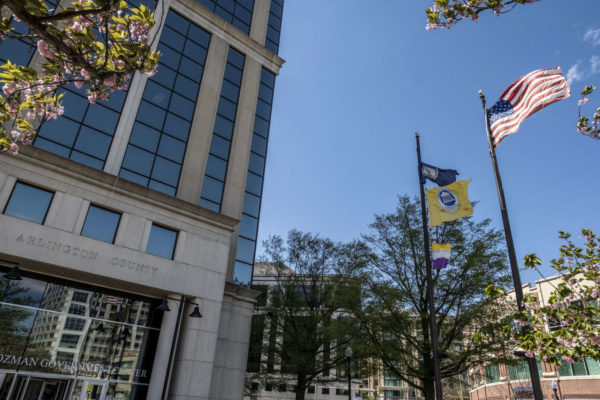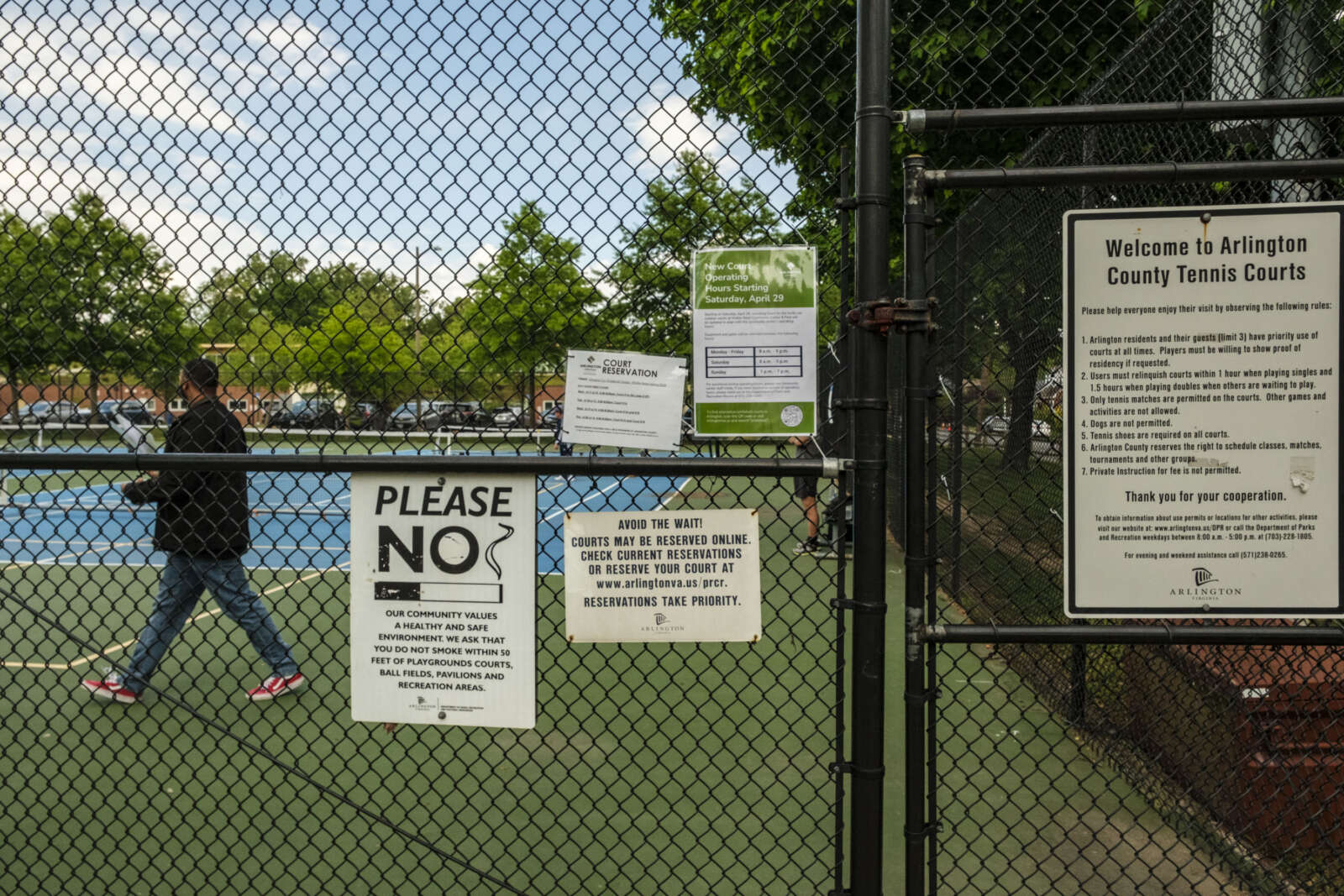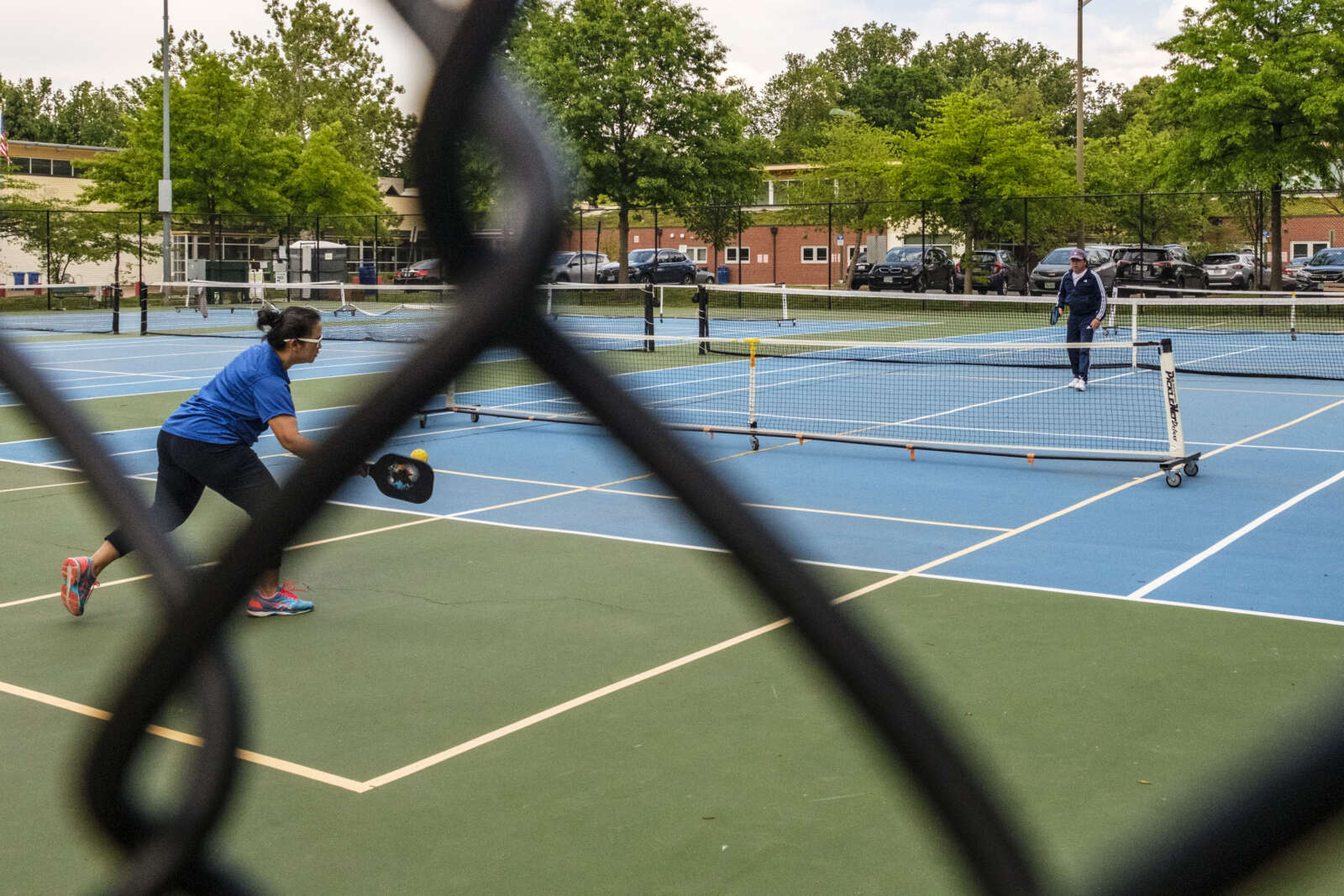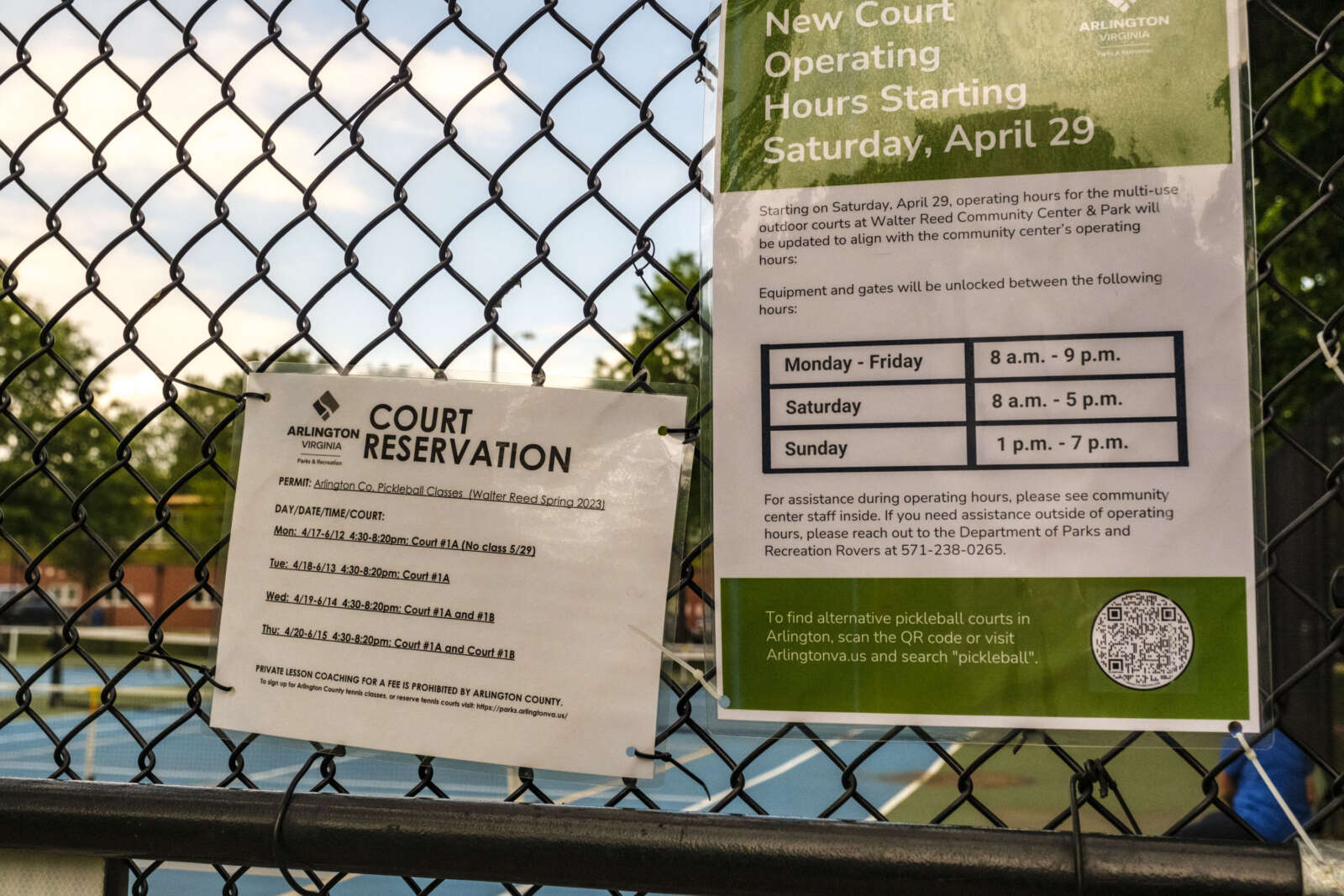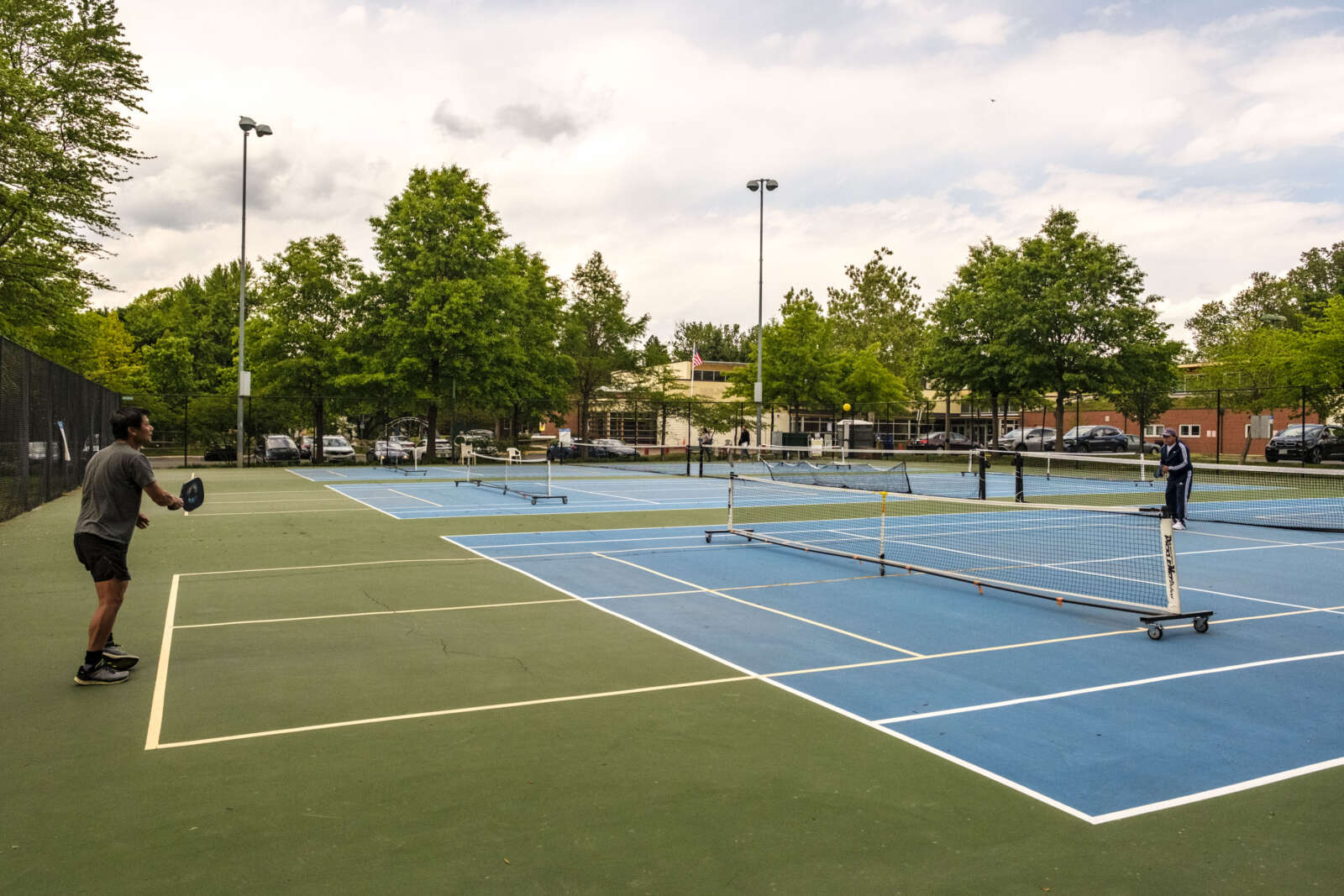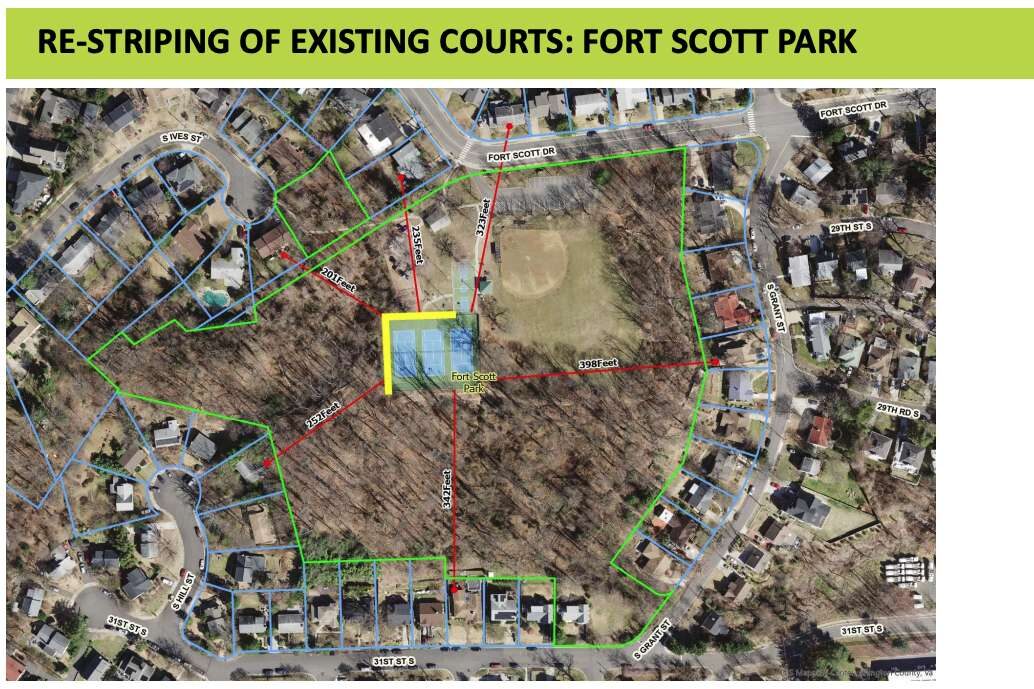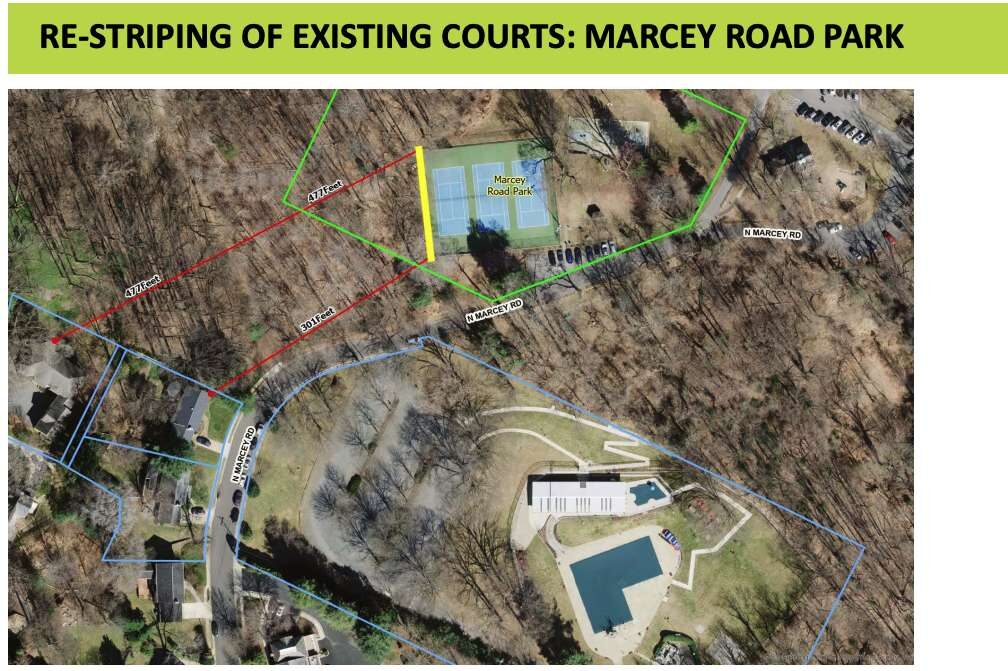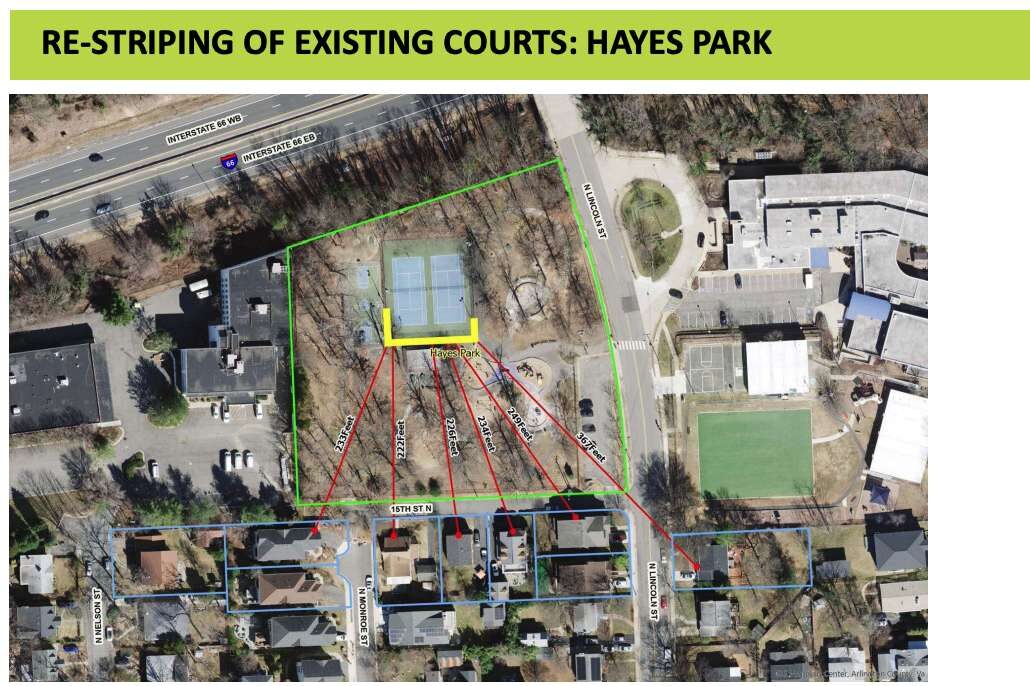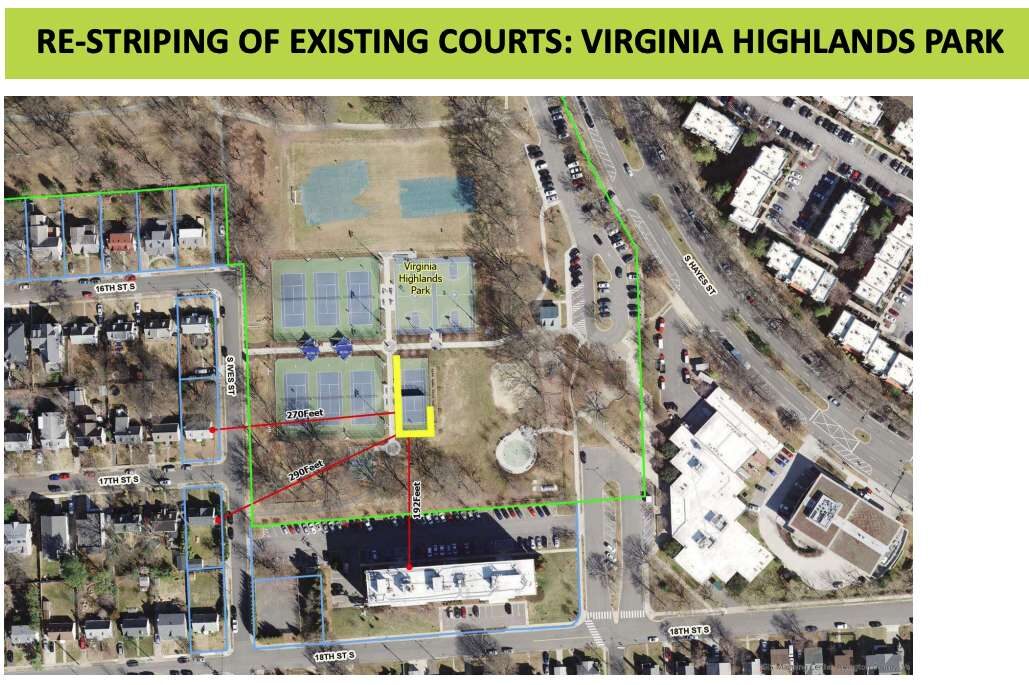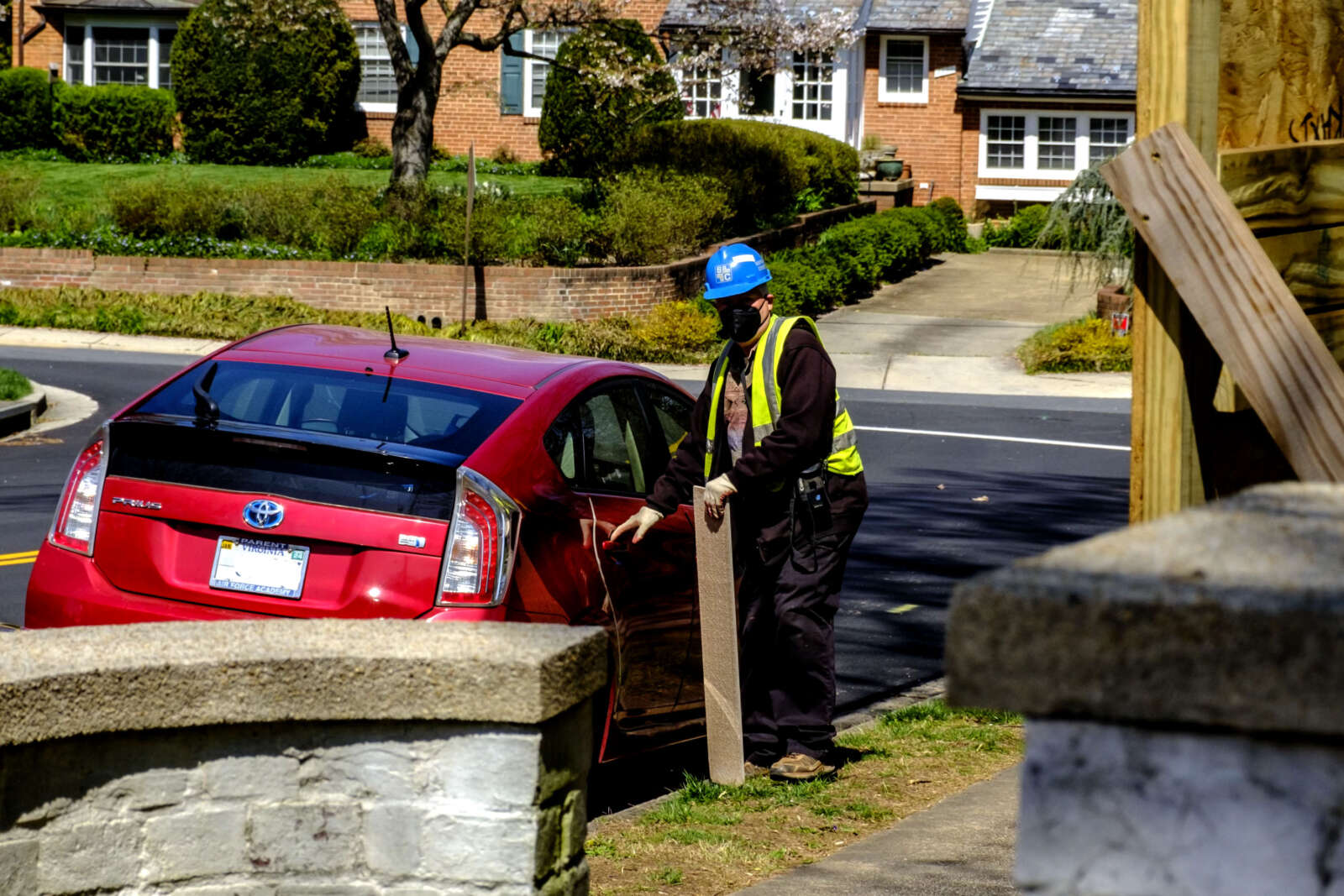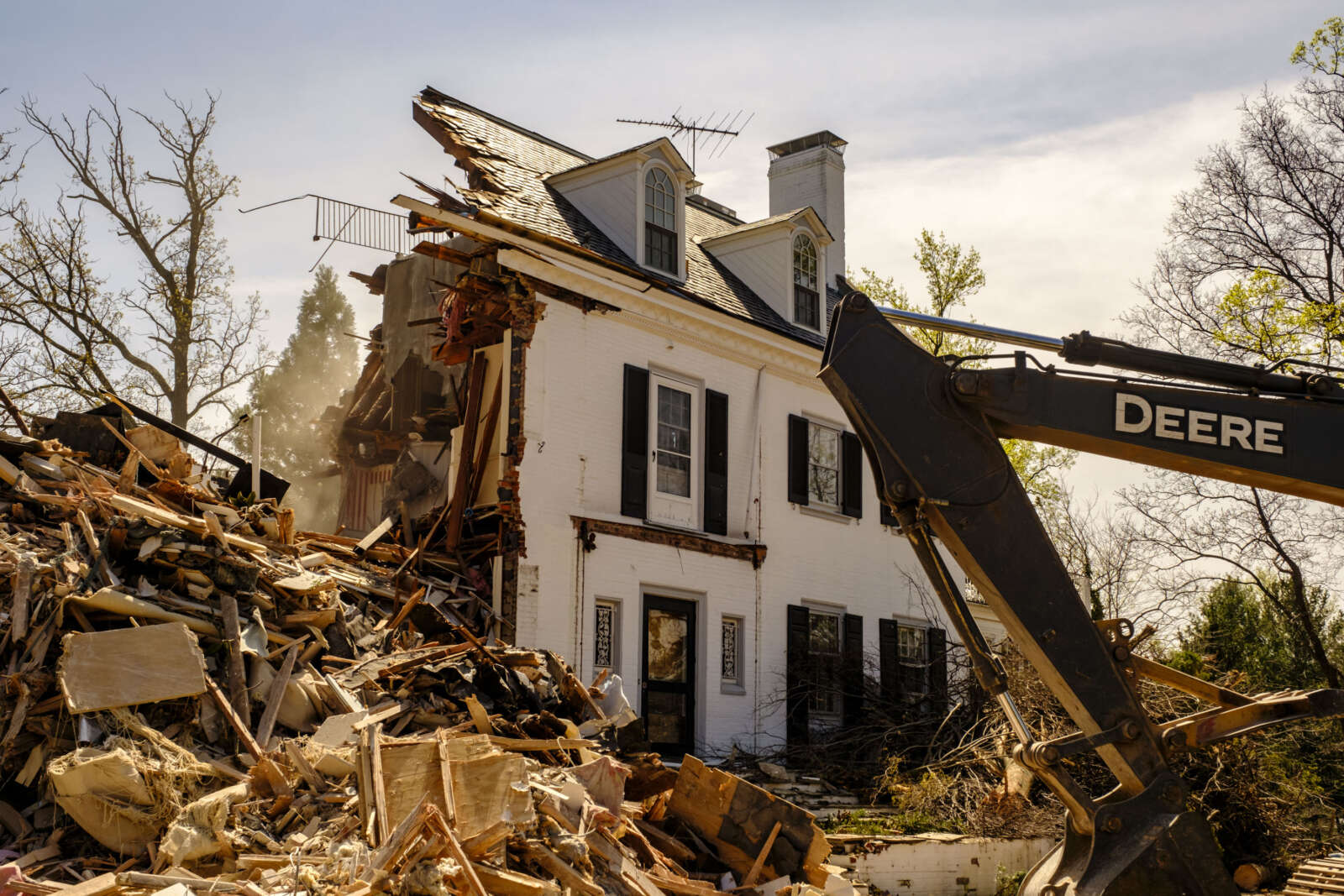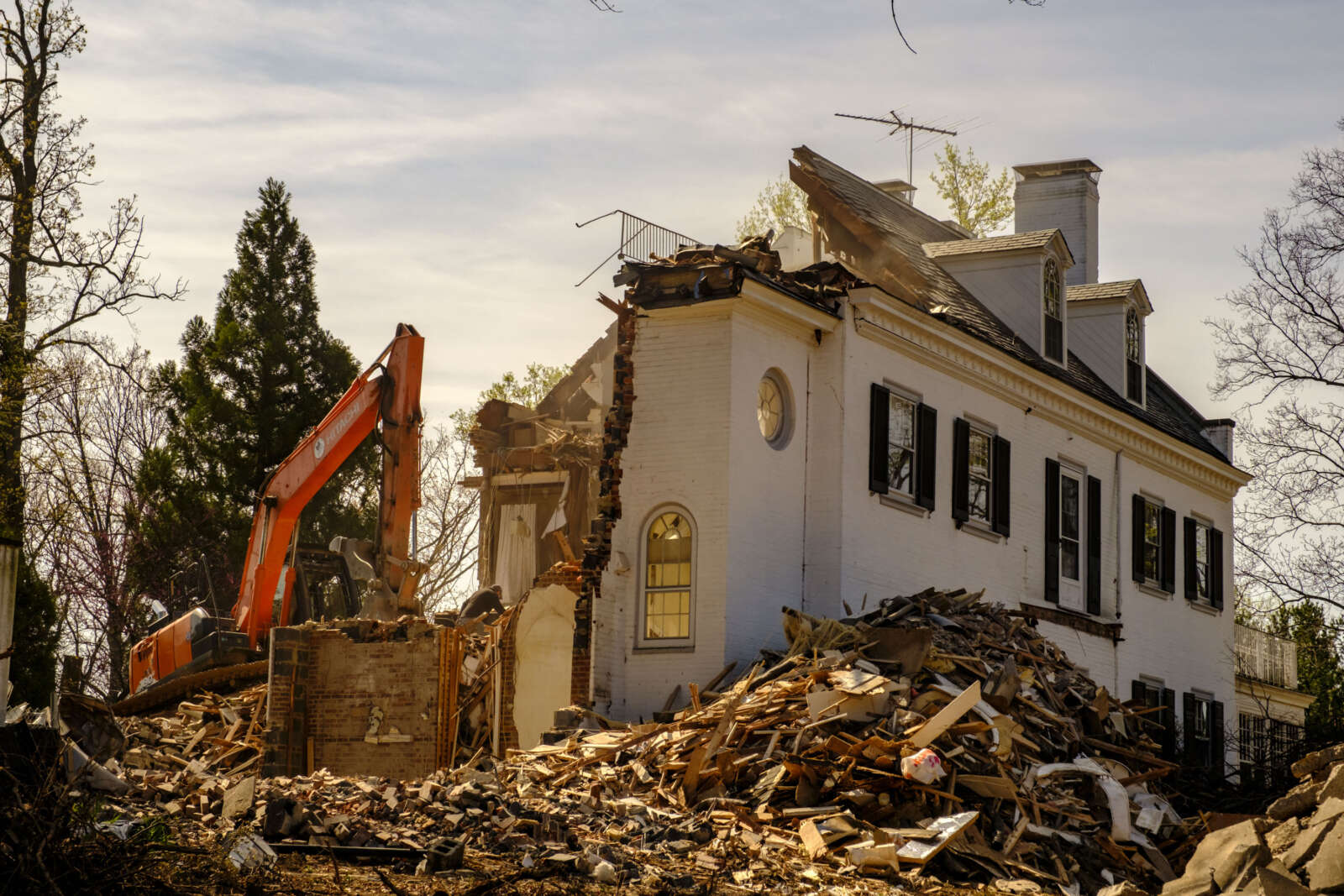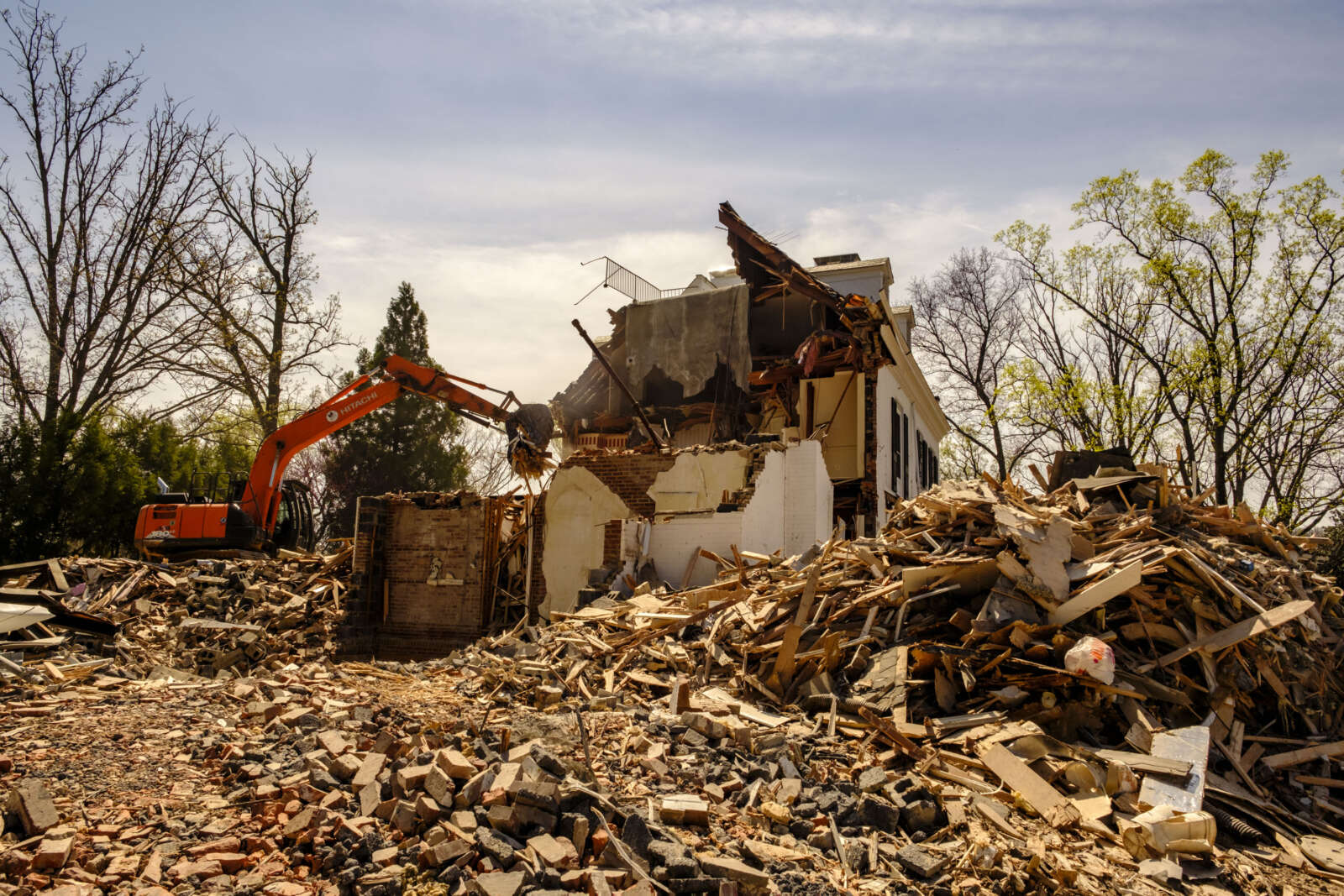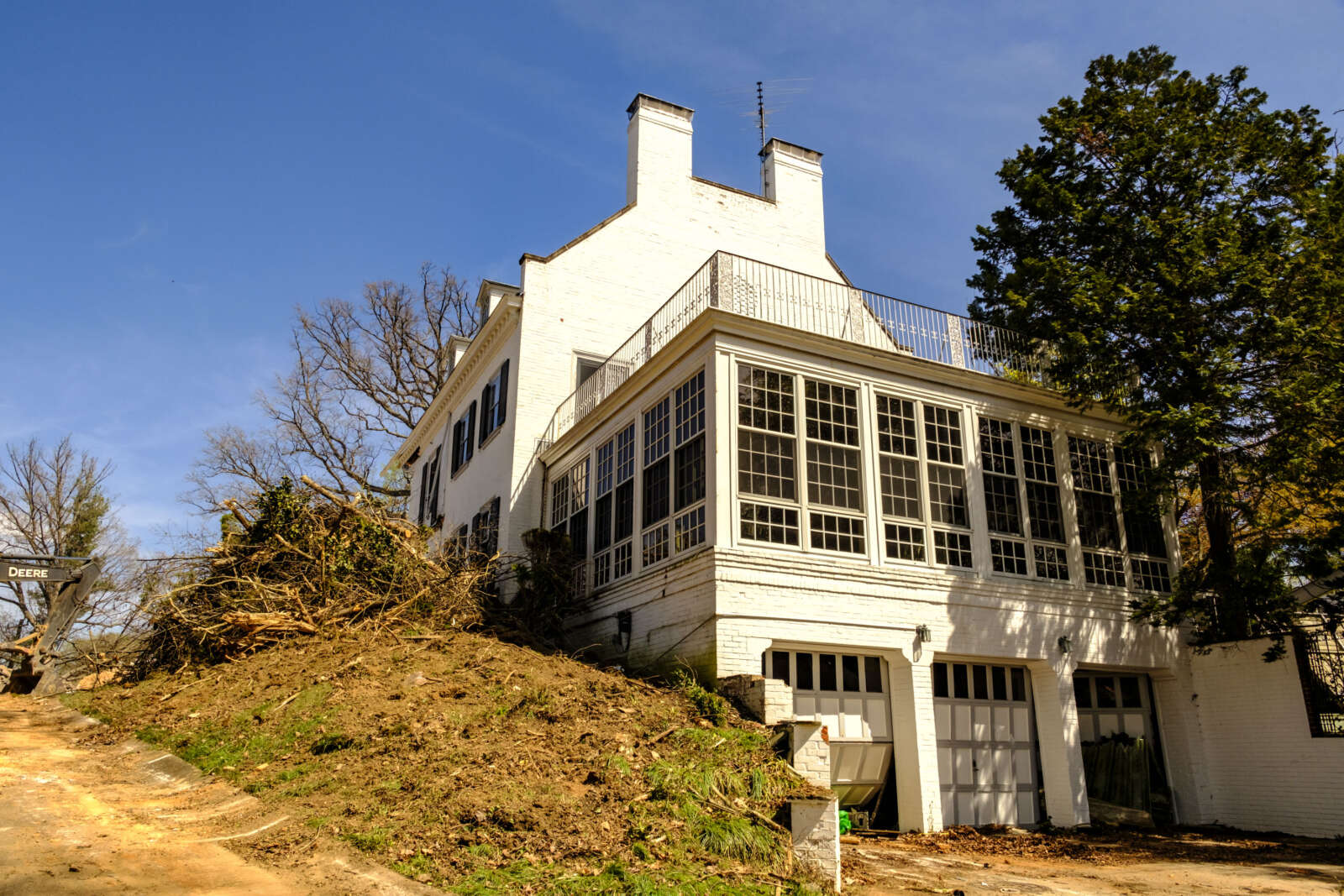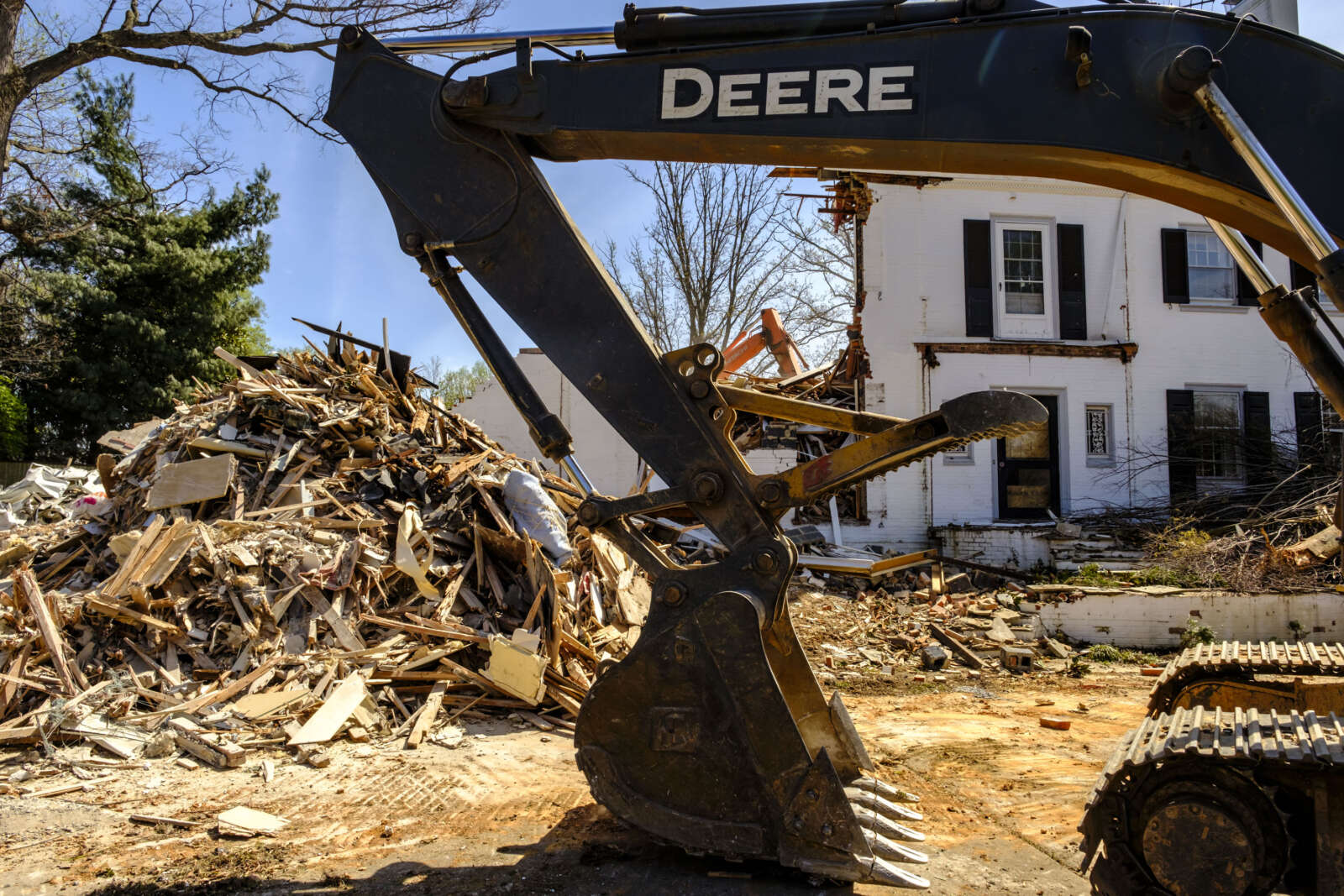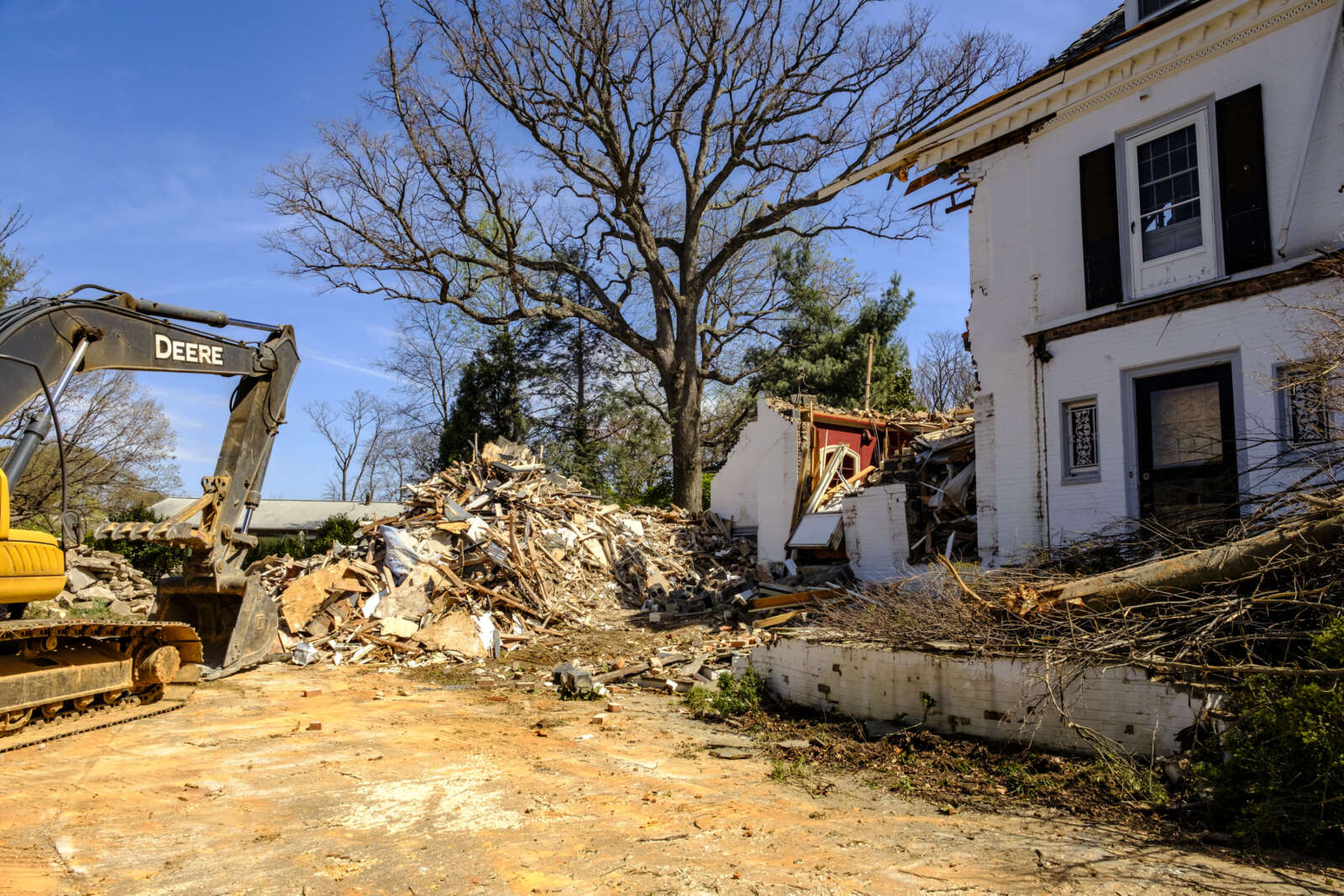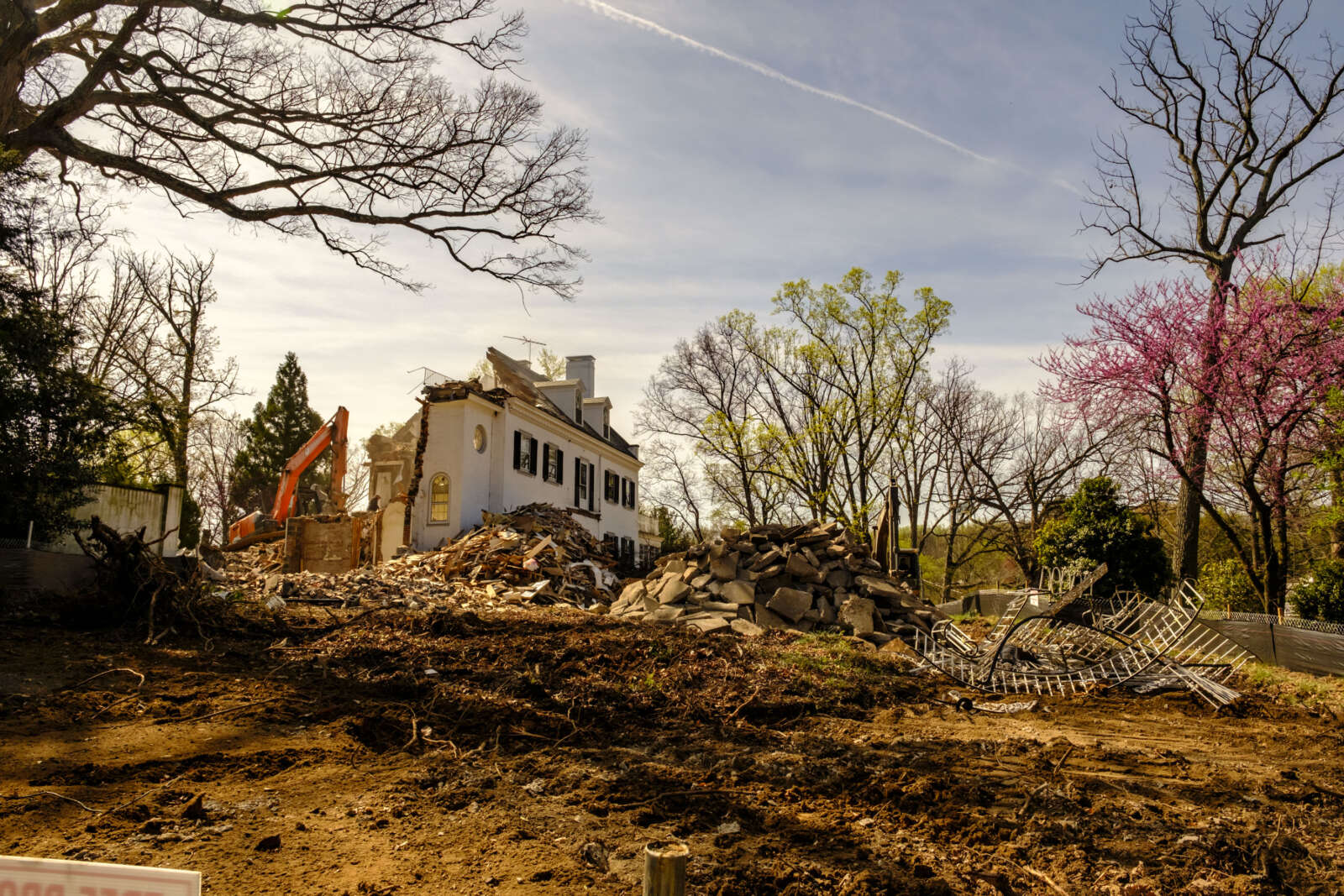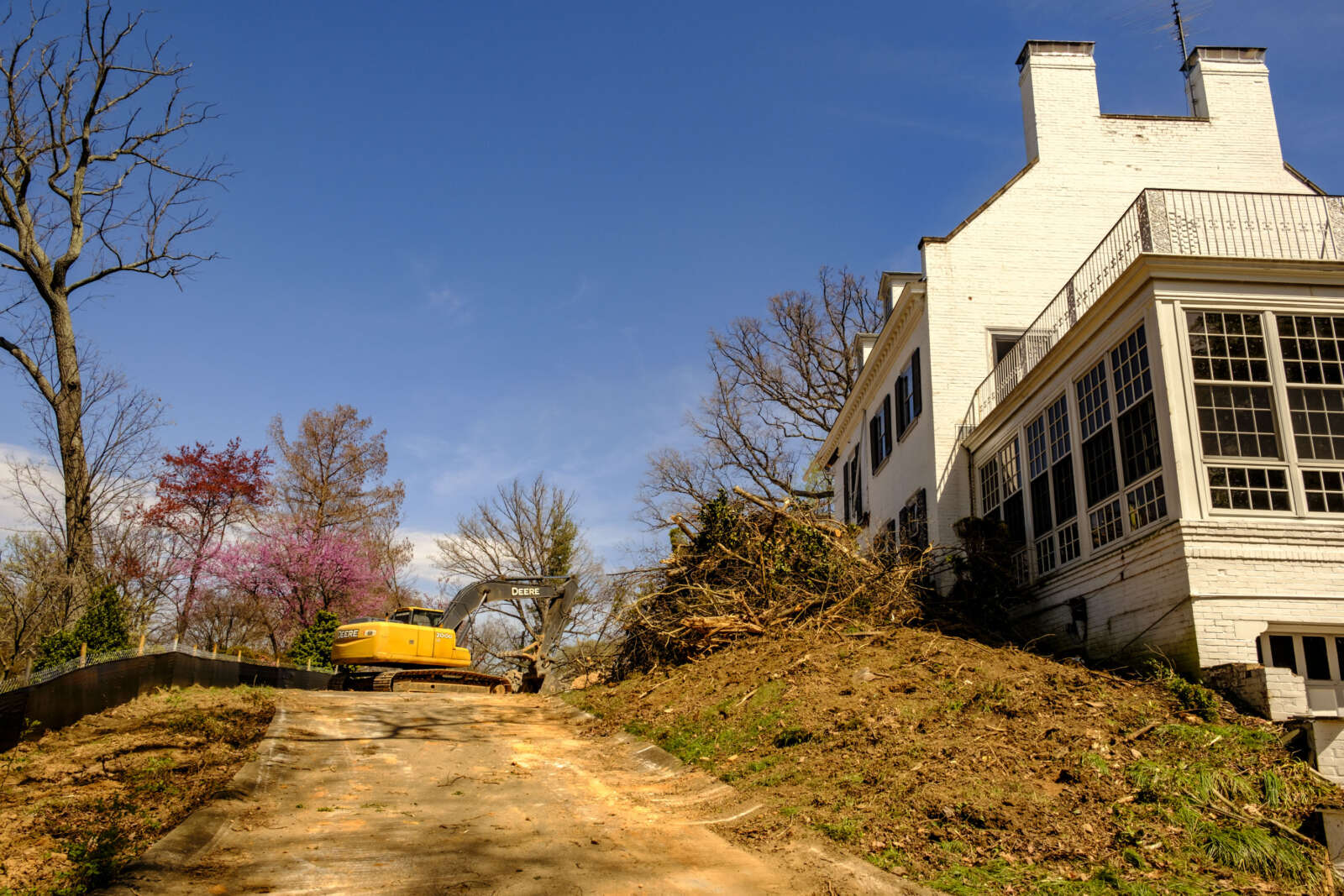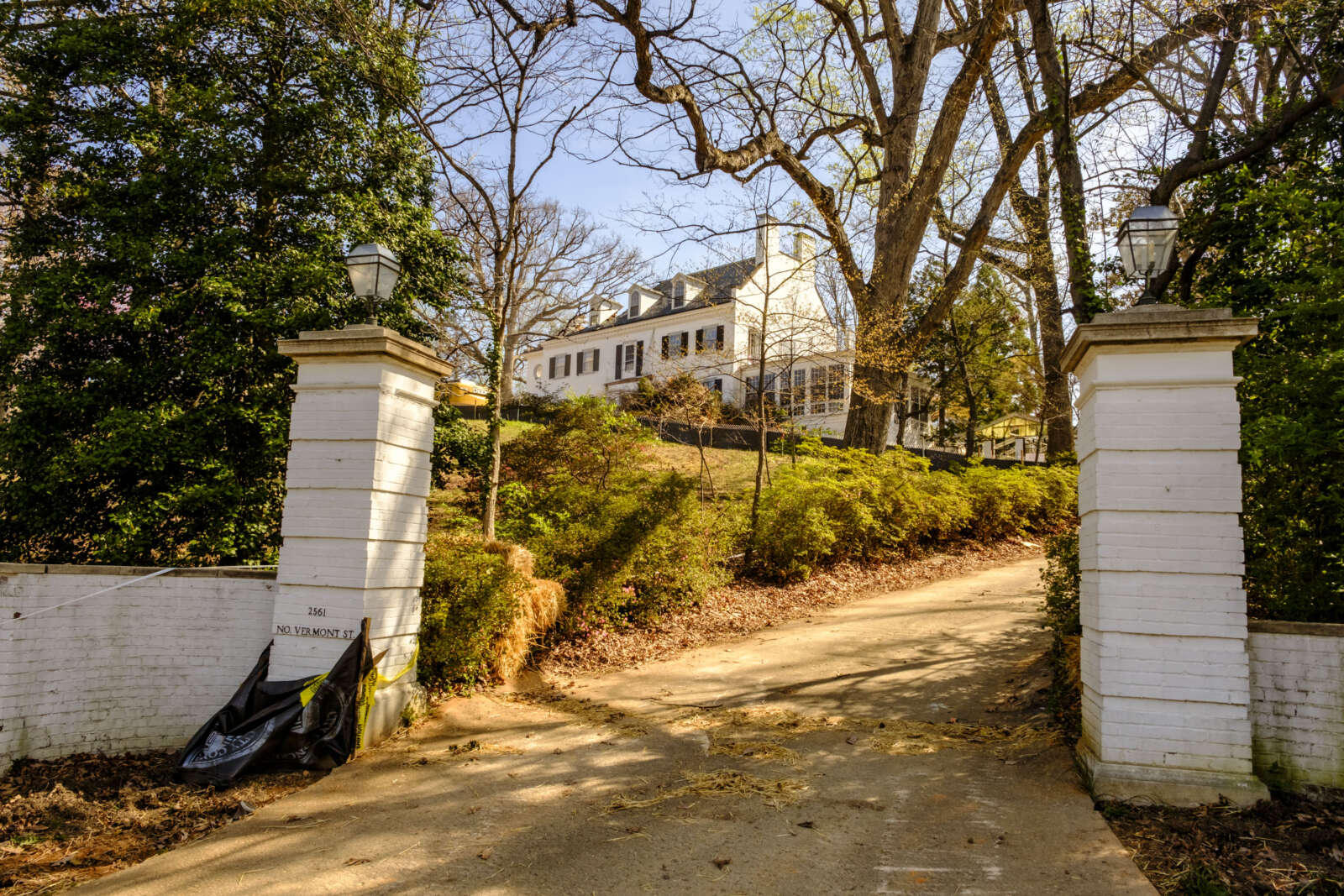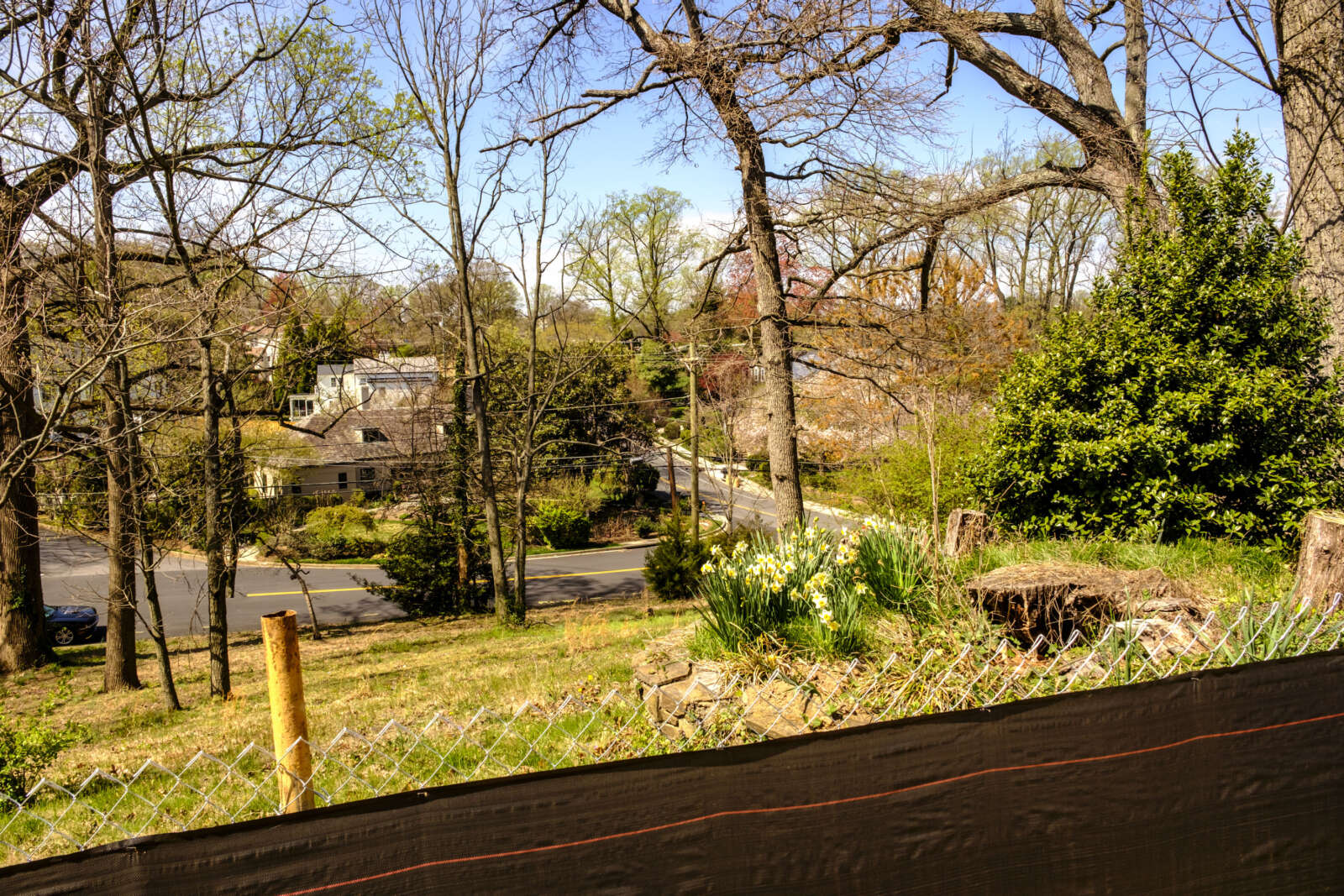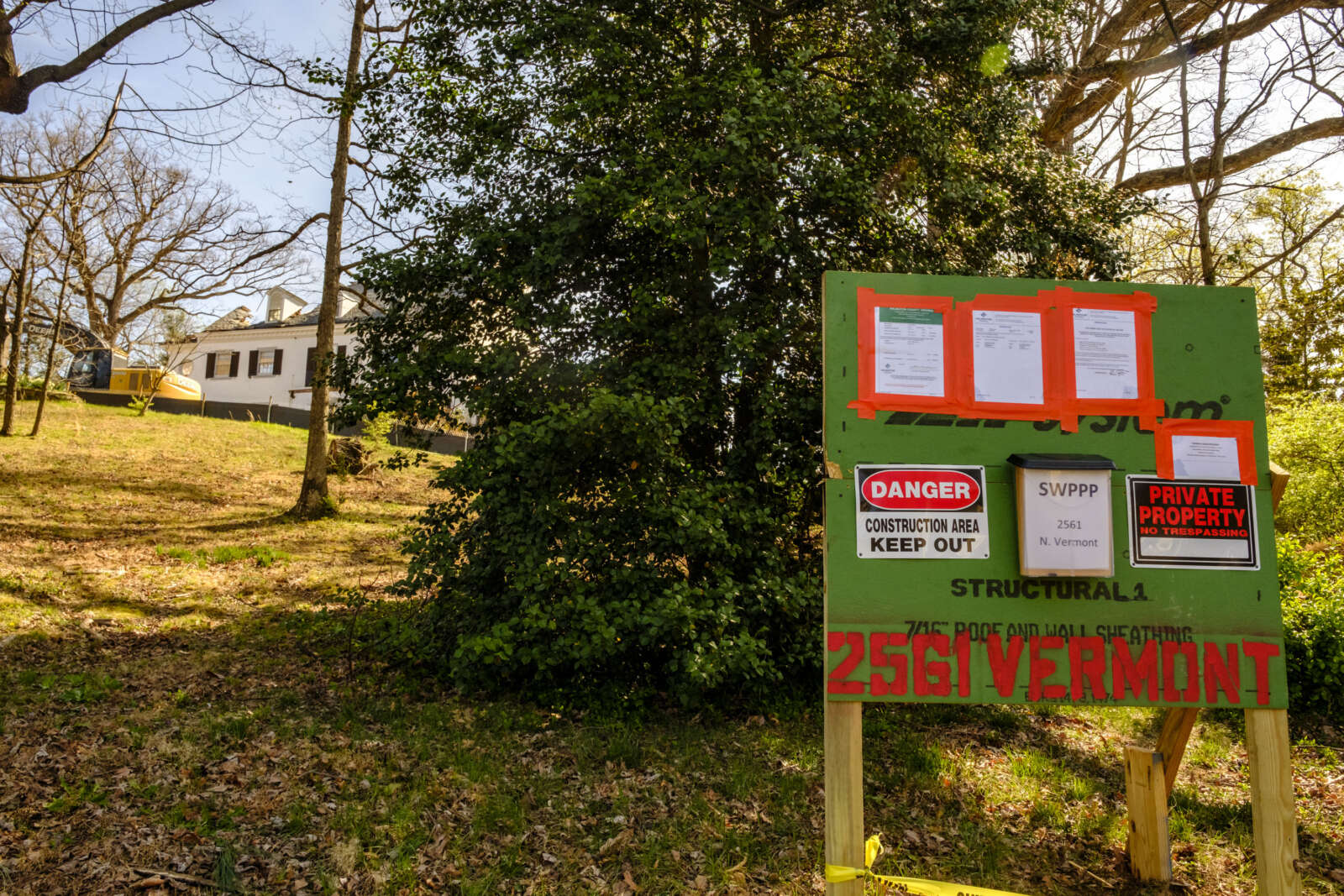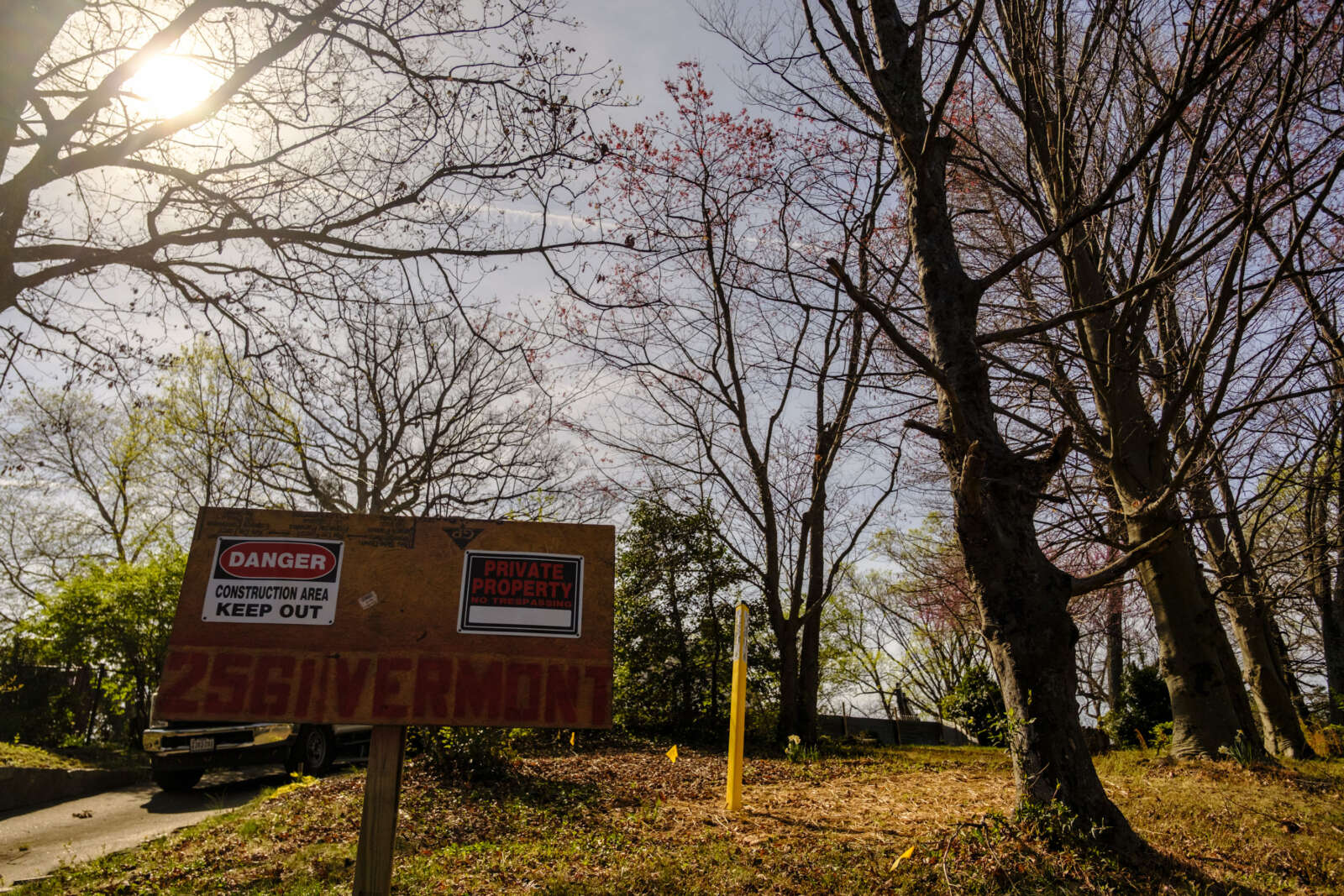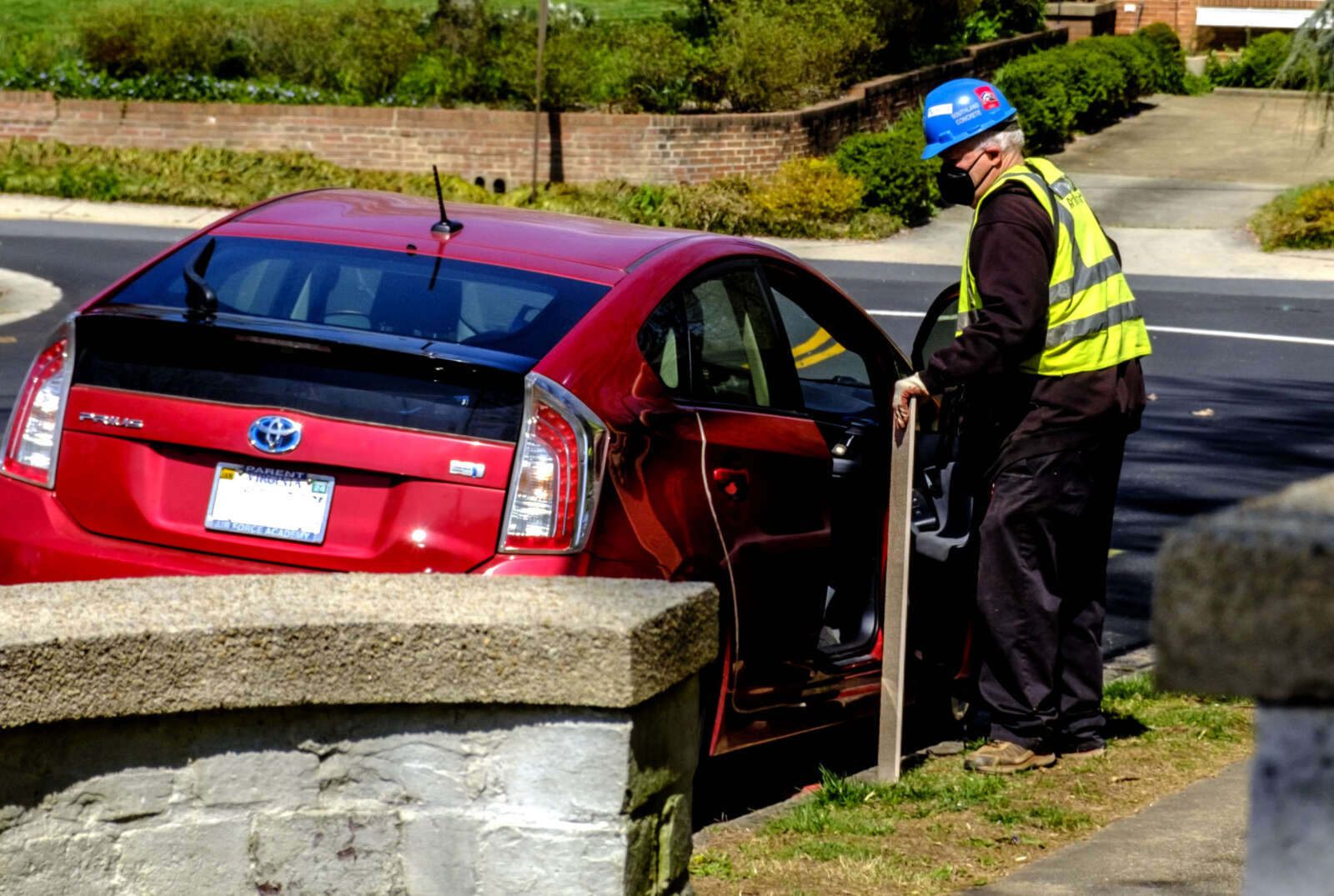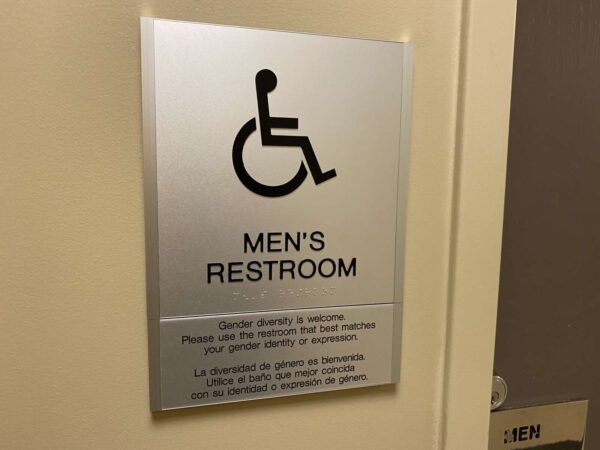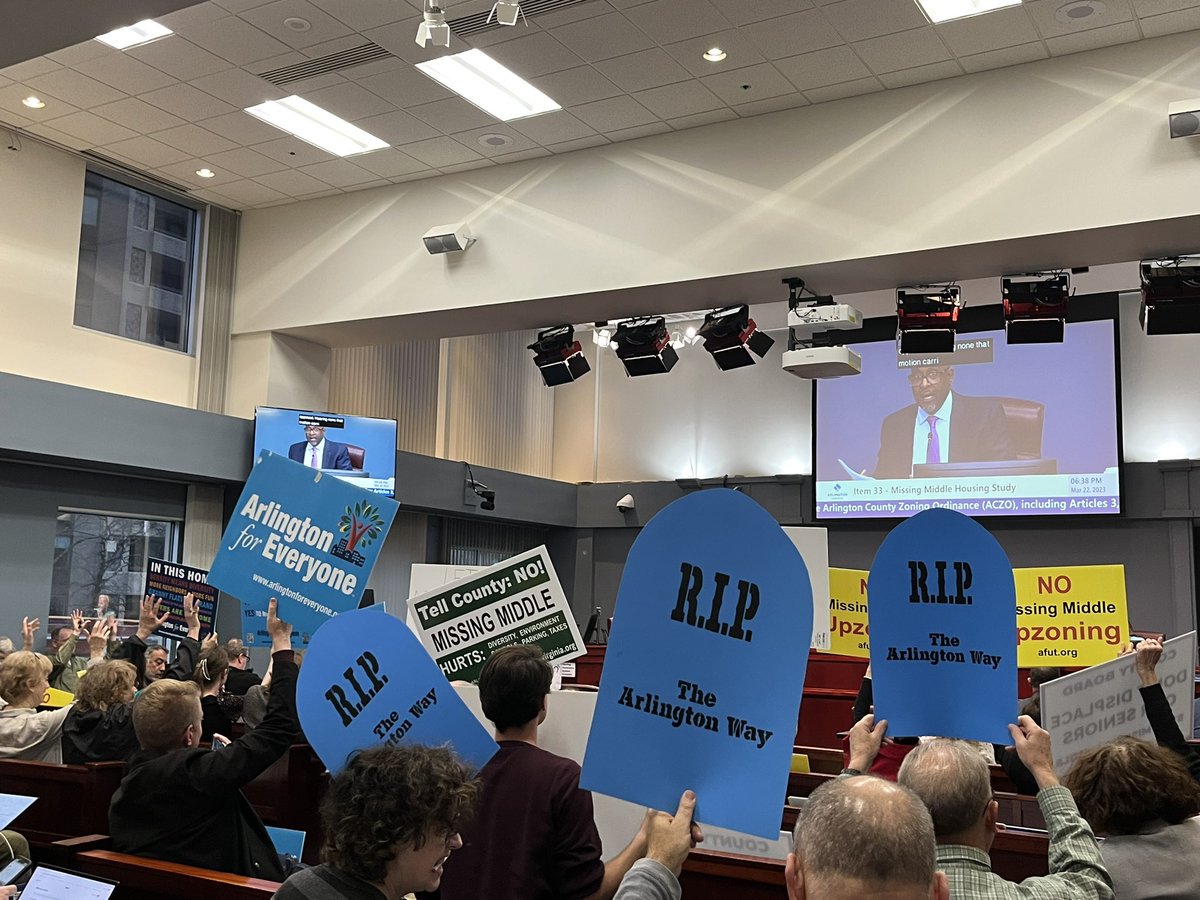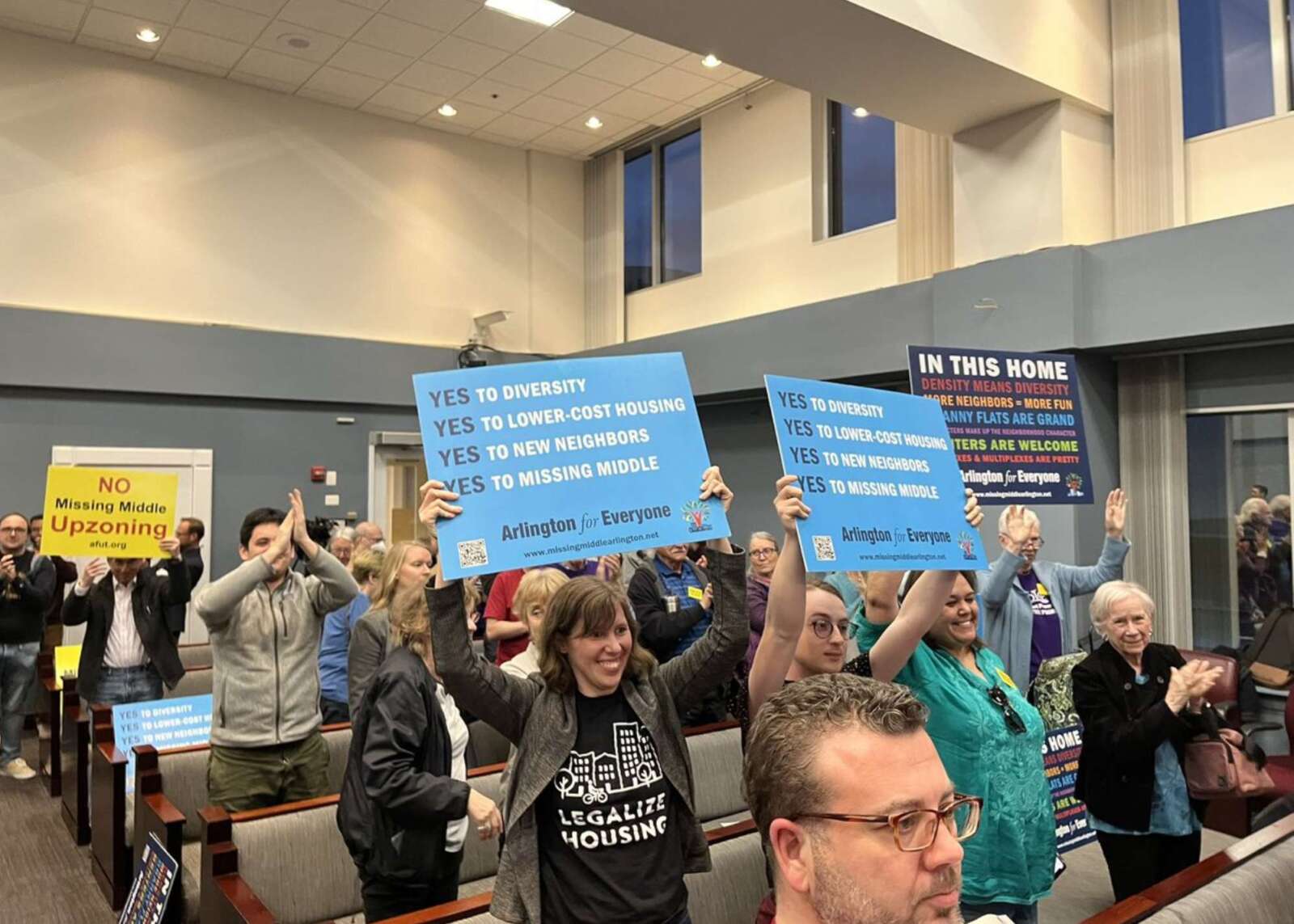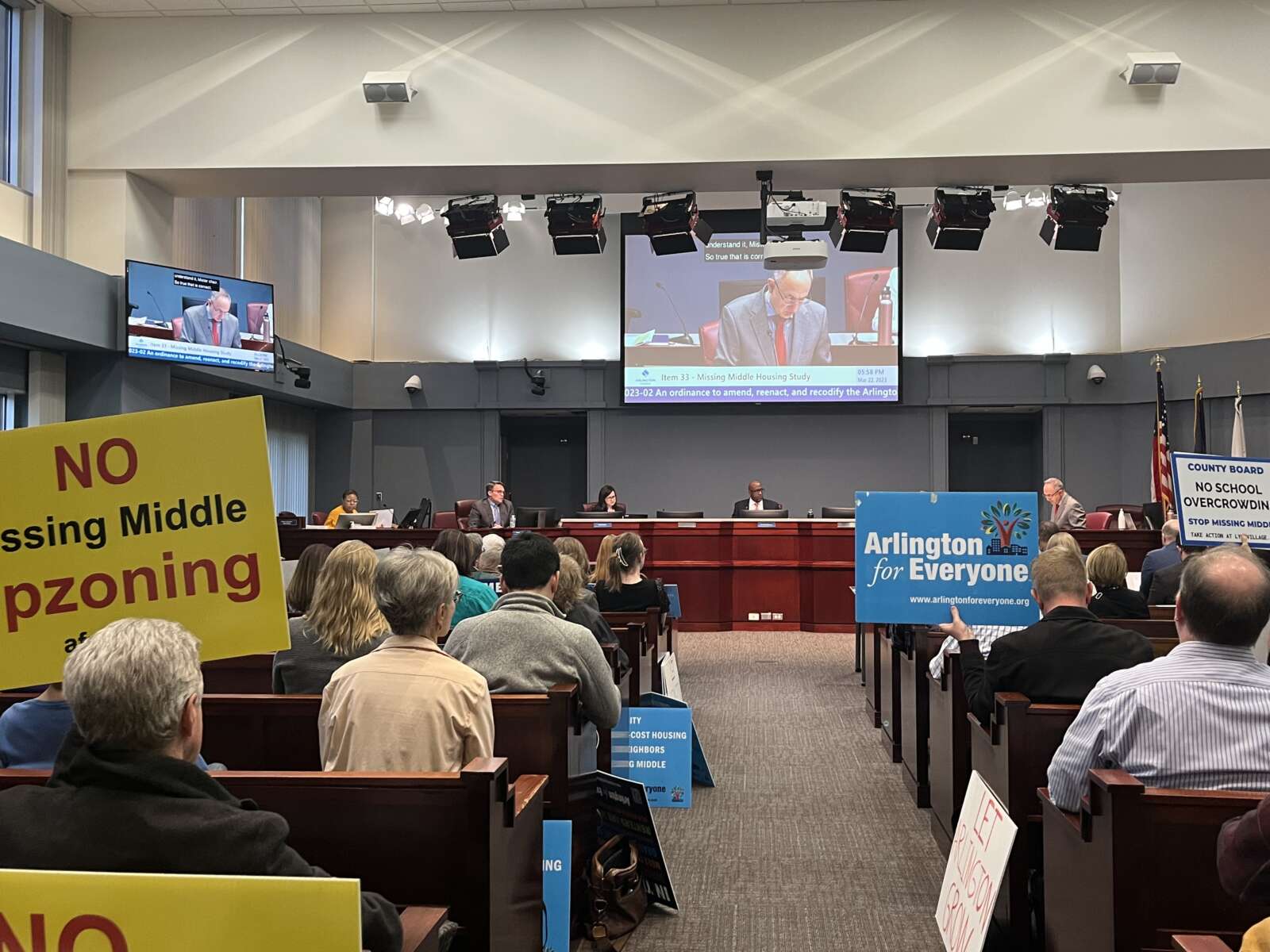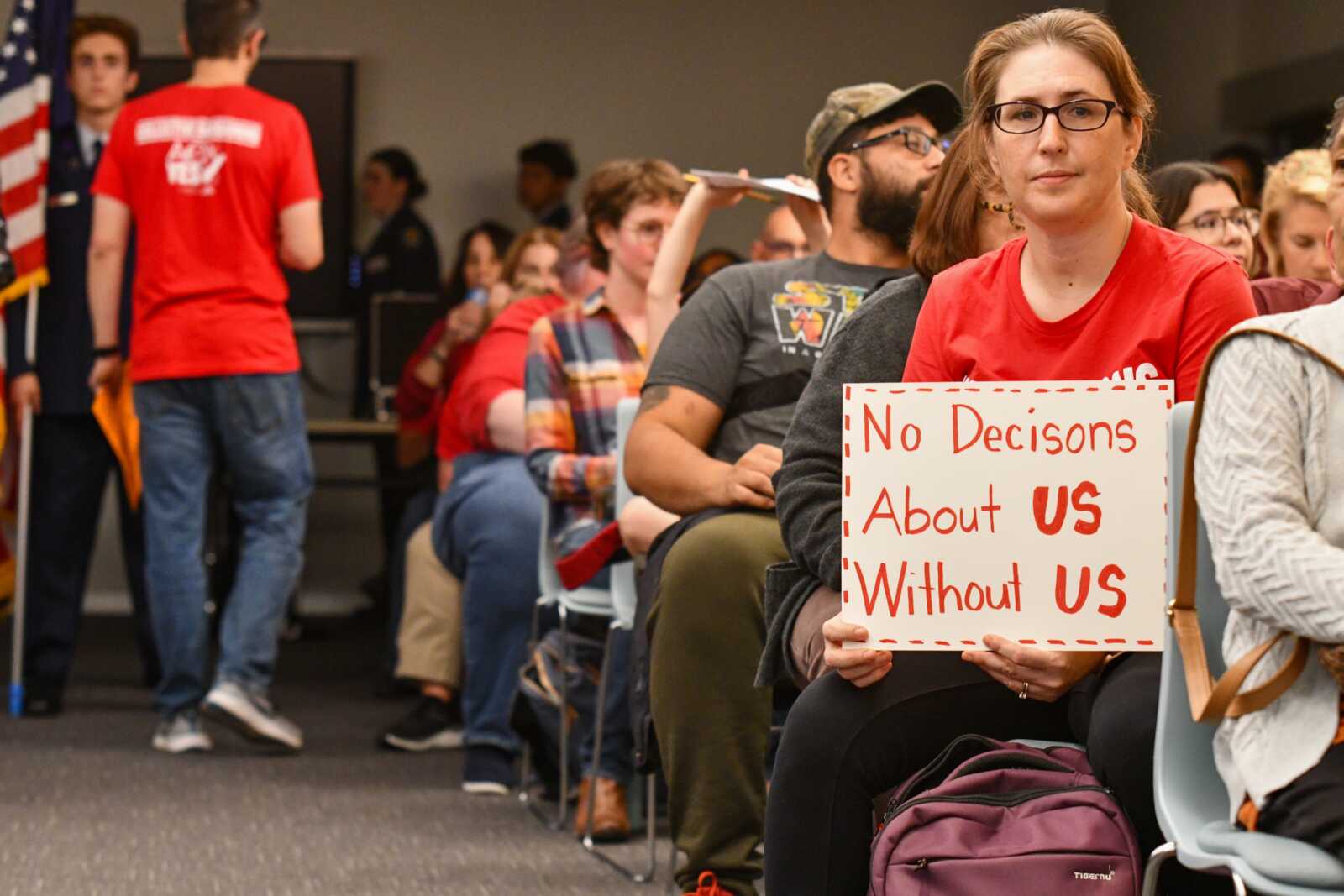
Threads from the decision to change insurance providers for Arlington Public Schools staff continue to unravel.
When APS entered a new contract with CareFirst Blue Cross Blue Shield this year, ending a 36-year relationship with Kaiser Permanente this September, it drew the ire of teachers, retired and active.
Stressed by having to find new providers mid-year, some criticized APS leadership for being opaque and disrespectful. APS apologized to staff for how it went about providing this information.
The most recent revelation is that APS says it has no record of a formal contract with Kaiser Permanente, with whom it instead had yearly extension agreements.
The healthcare provider, however, says it was under the impression it had a continuously operating contract since 1986 but ultimately conceded to APS that it “dropped the ball,” according to correspondence between the school system and the company, provided to ARLnow.
“The traditional way of entering into an agreement for the services provided by Kaiser would be for the two parties to sign an agreement,” a school system spokesman said. “However, there is no record of this happening. Instead, the services were renewed annually through a renewal rate sheet provided by Kaiser.”
Kaiser does not see it that way, though. The provider says it has operated “under a sole source contract” continuously since 1986 and that this contract was amended in 2022 to include three one-year extensions, according to a September letter from Kaiser to APS, provided to ARLnow. The letter requests APS reverse course on its decision.
APS submitted Requests for Proposals in December and again in January because its annual extension with Kaiser was coming to a close, as was a concurrent agreement with Cigna. It initially sought one provider but rewrote the RFP to allow for two contracts and extend the deadline.
APS ultimately awarded the deal to CareFirst and did not receive a bid from Kaiser. Citing procurement rules, it maintains it could not reach out to Kaiser directly for a bid during this time.
APS also disputes Kaiser’s characterization that the agreement was a “sole source contract,” or, one that is issued outside a competitive bidding process because only one company is able to provide the requested services.
The argument that Kaiser could enjoy this privilege is that, unlike traditional health insurers, it provides the bulk of the healthcare services itself. APS, however, says “it would be impossible” to recommend a sole source contract with Kaiser because there is competition, as evinced by the several proposals it received.
In its plea to APS to reverse course, Kaiser points out the school system did not mention a forthcoming termination when it confirmed services would extend through 2023. This confirmation letter, provided to ARLnow, is sparse, informing Kaiser of the renewal through Dec. 31, 2023 and noting “all other terms and conditions shall remain unchanged,” with no mention of available extensions.
In response, APS told the company it has no record of a two-way agreement and that it cannot reverse course.
“APS is not able to show that a two-way agreement was issued between APS and Kaiser for the Services,” the letter said. “In an attempt to provide a more formal structure to the renewal process, a two-party amendment was introduced in 2023… There is no mention of it being a second extension.”
In a follow-up email, the provider noted its team “dropped the ball” and requested further conversations to understand what went wrong.


